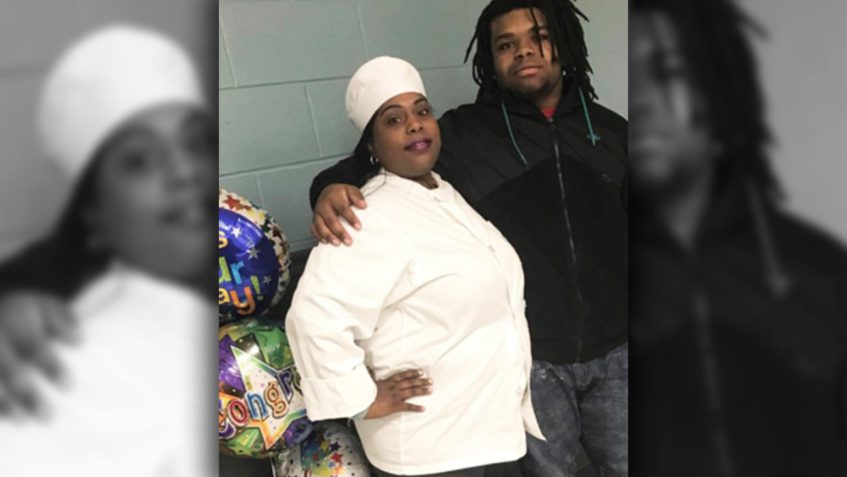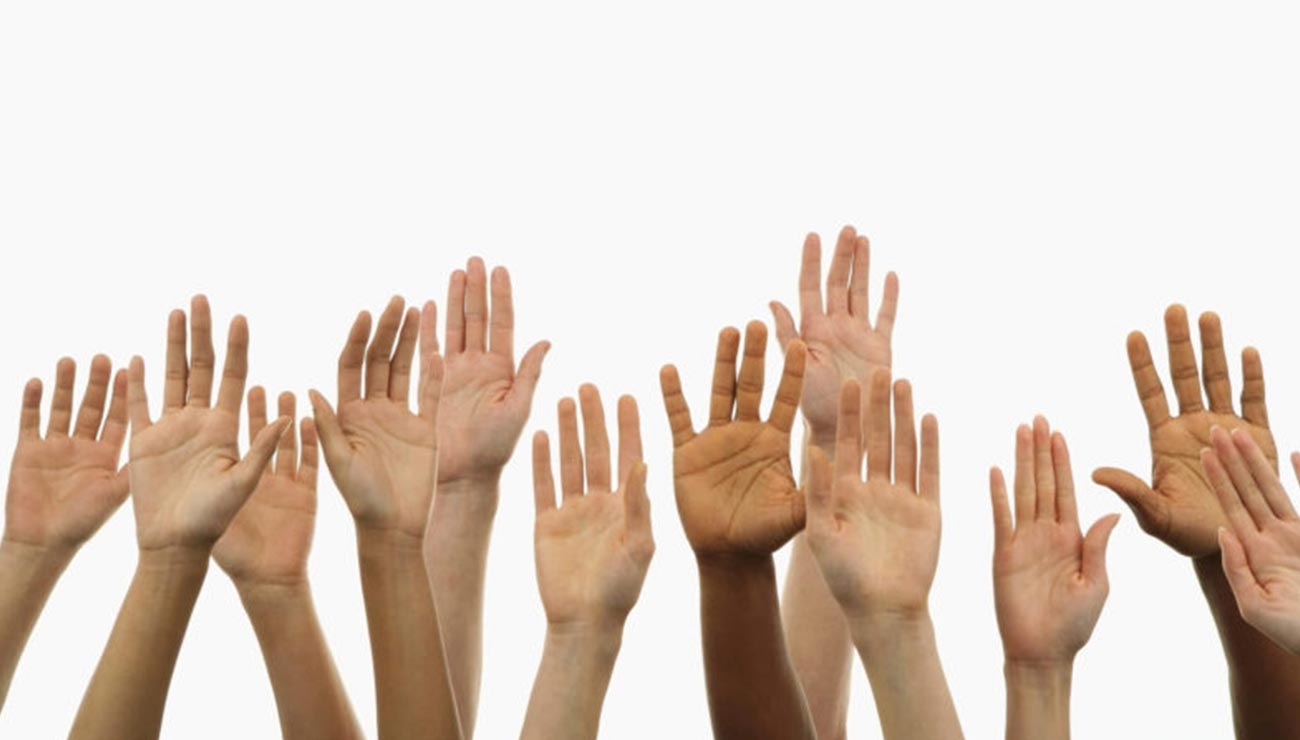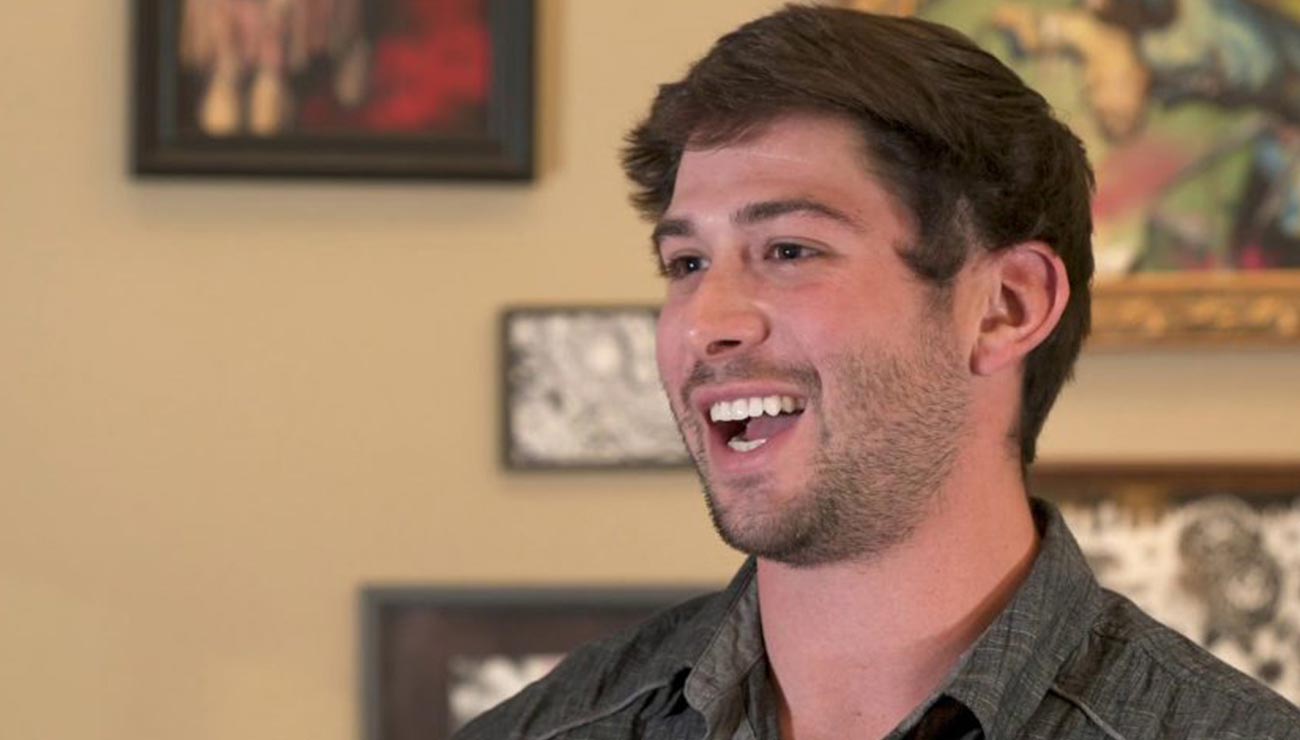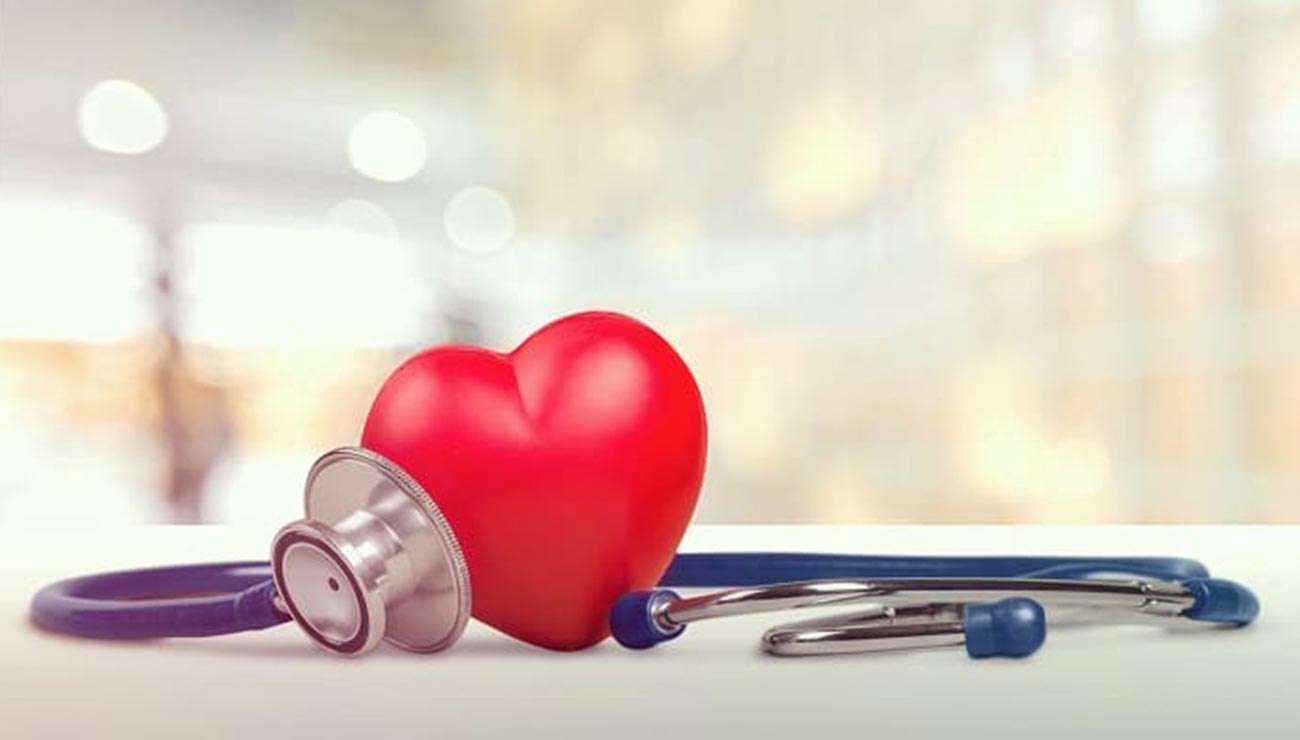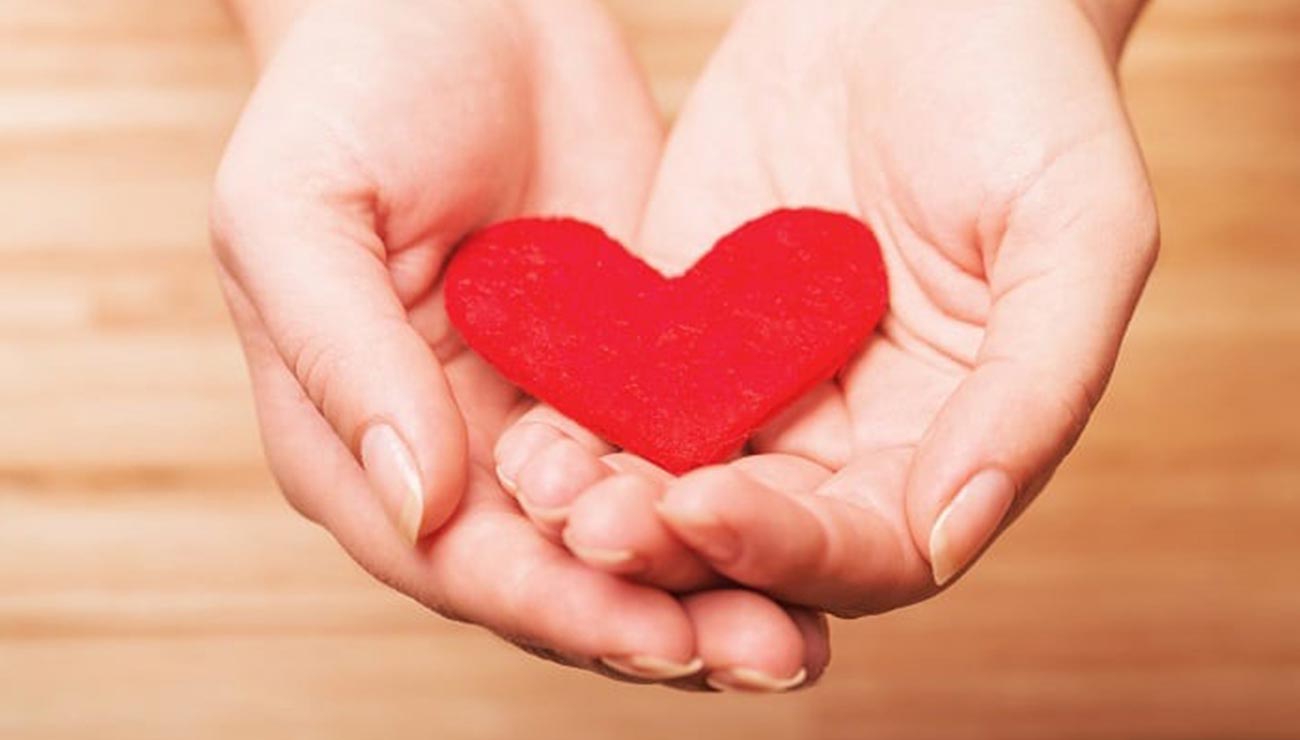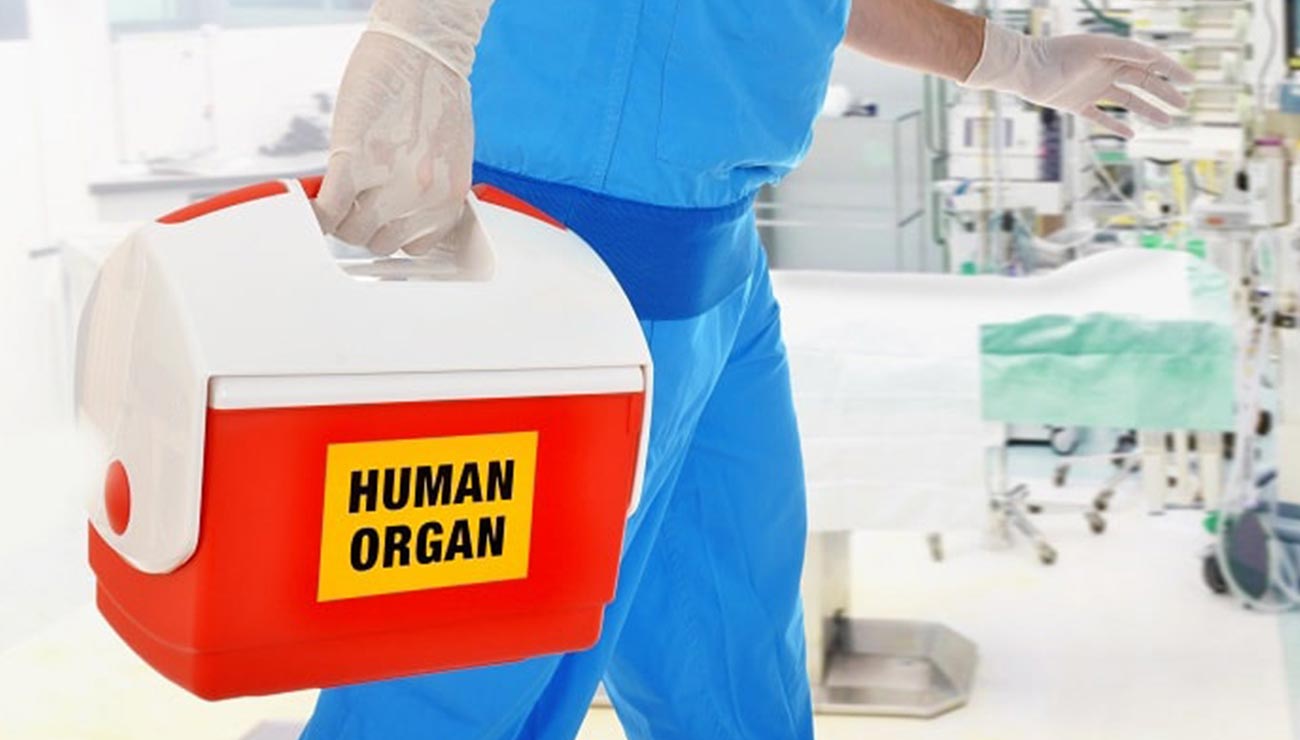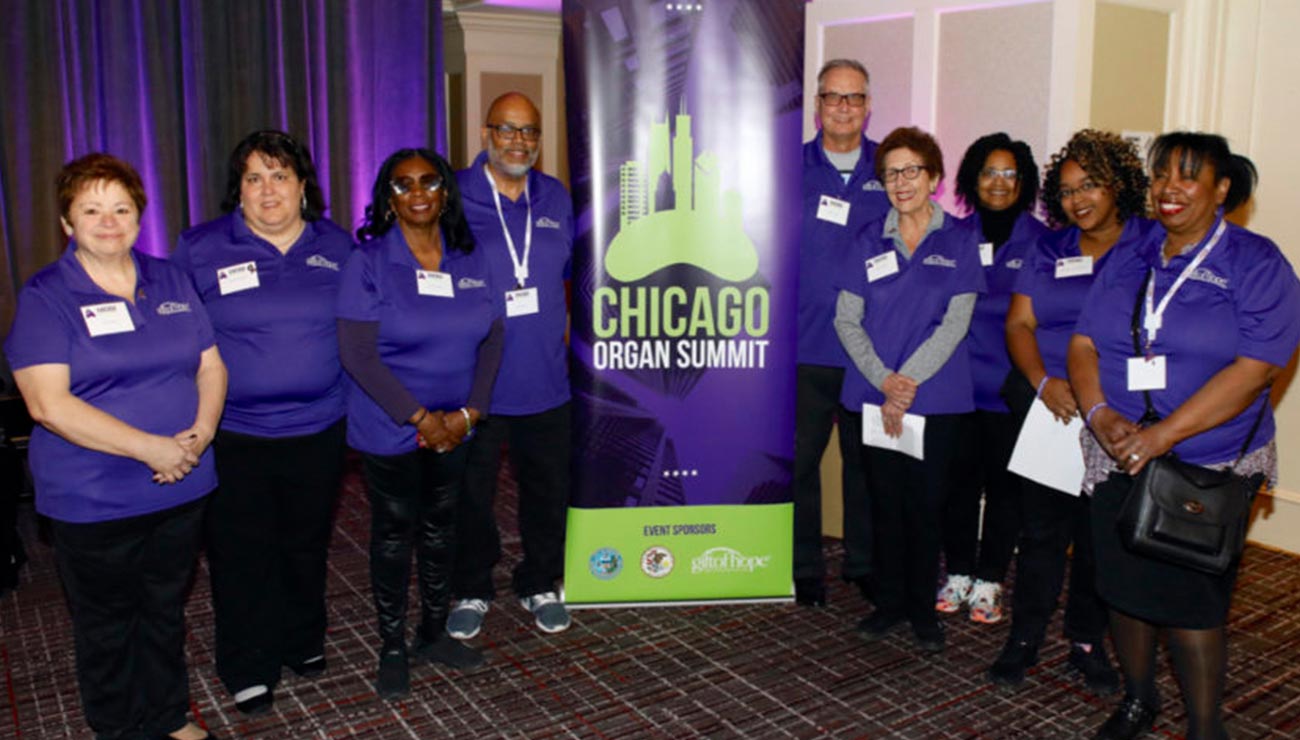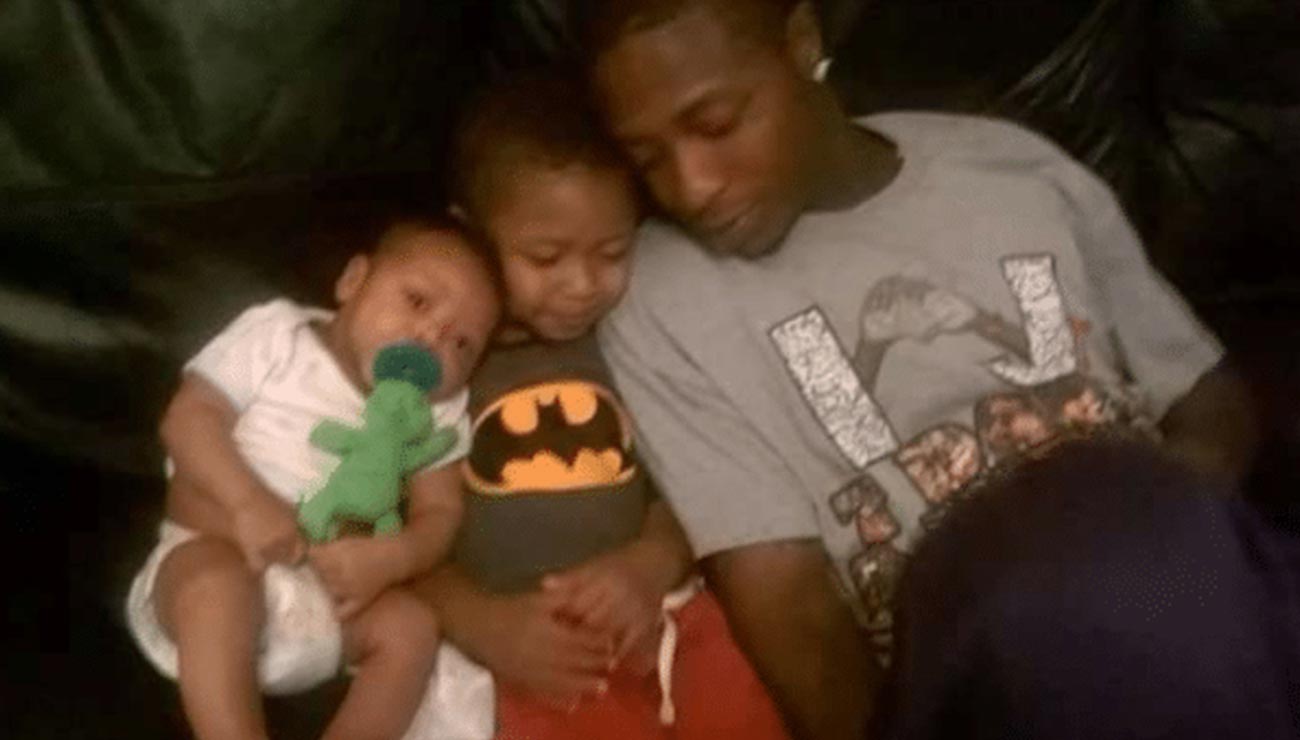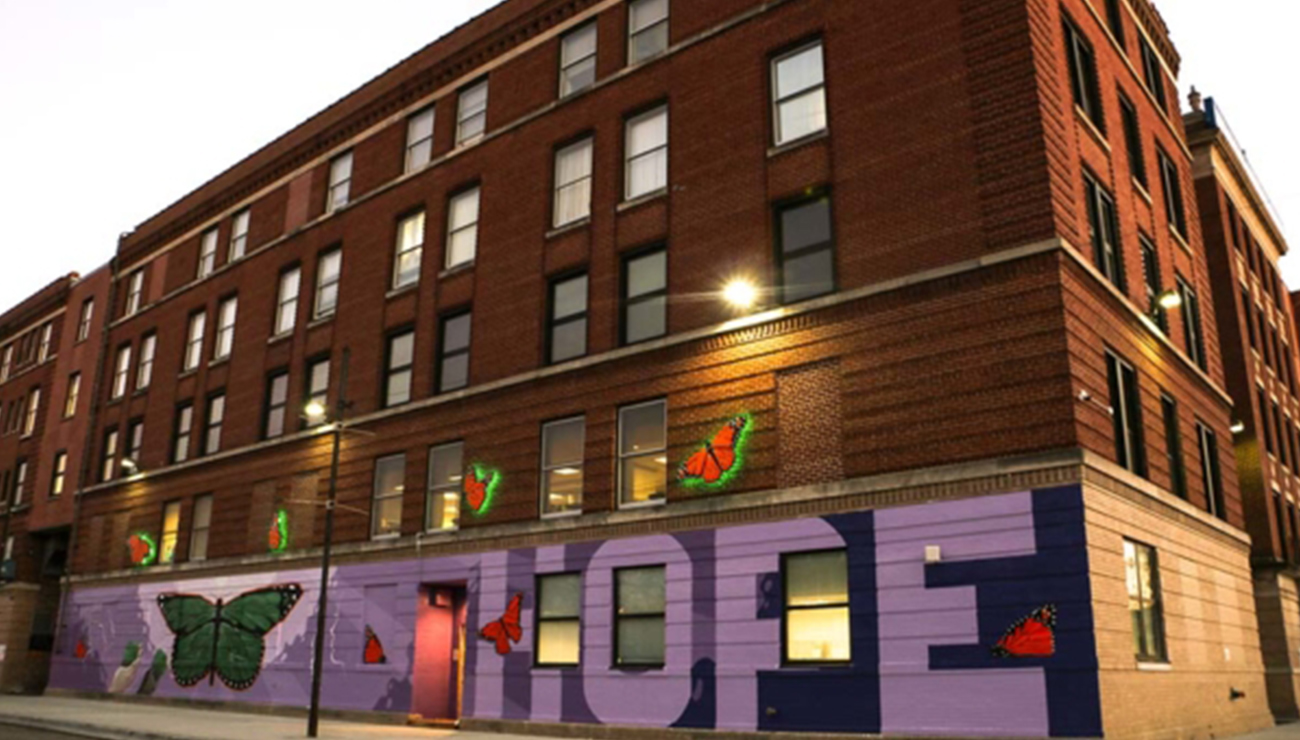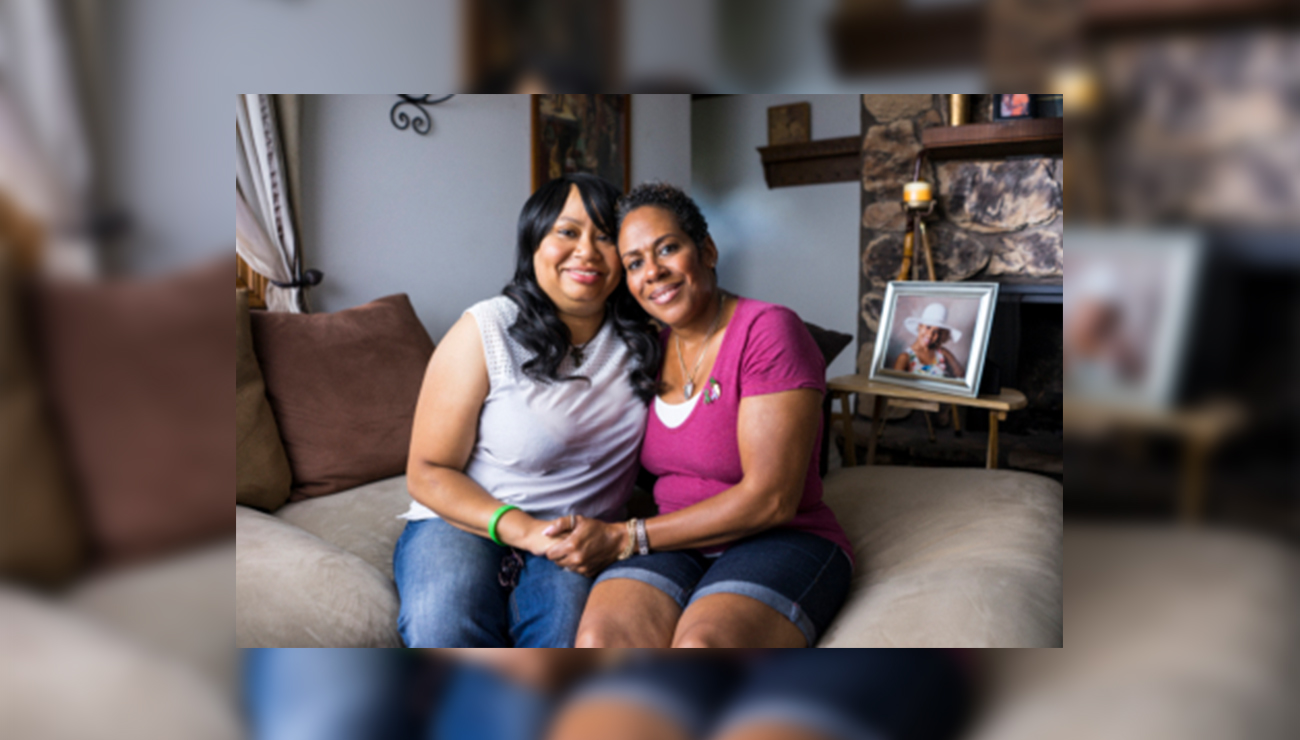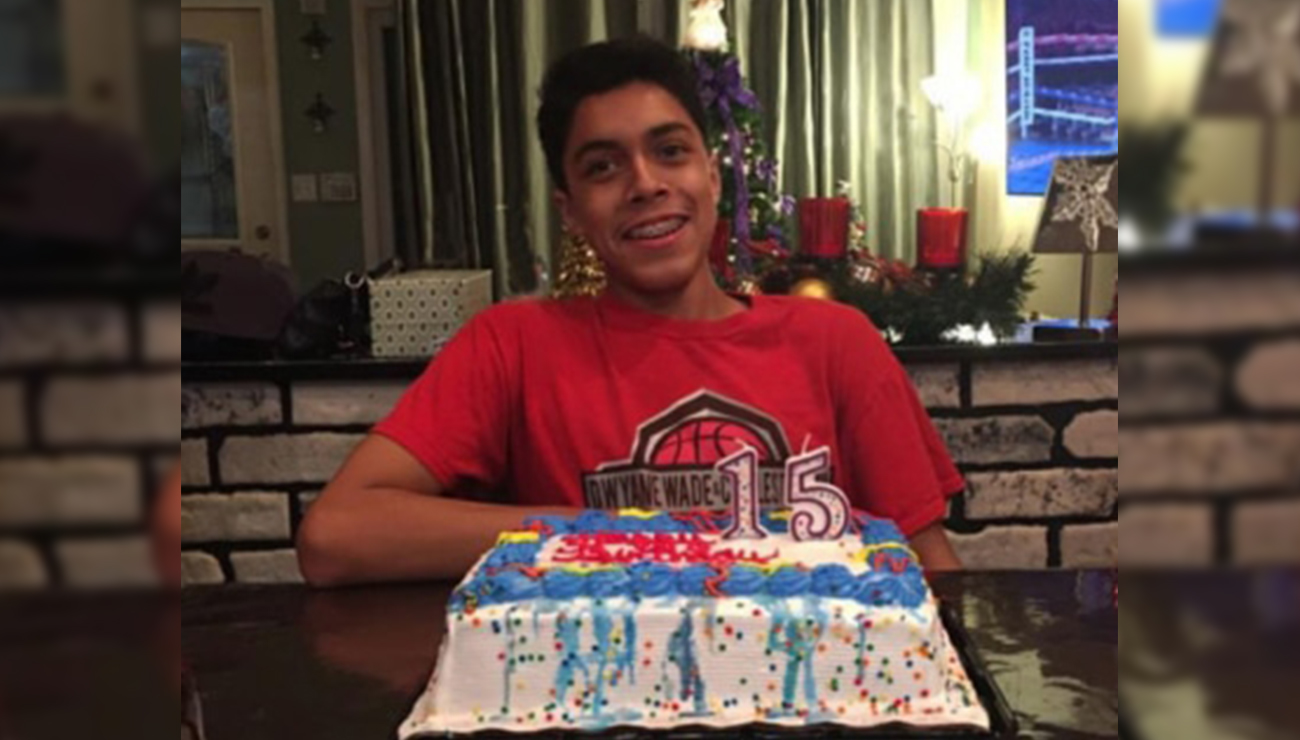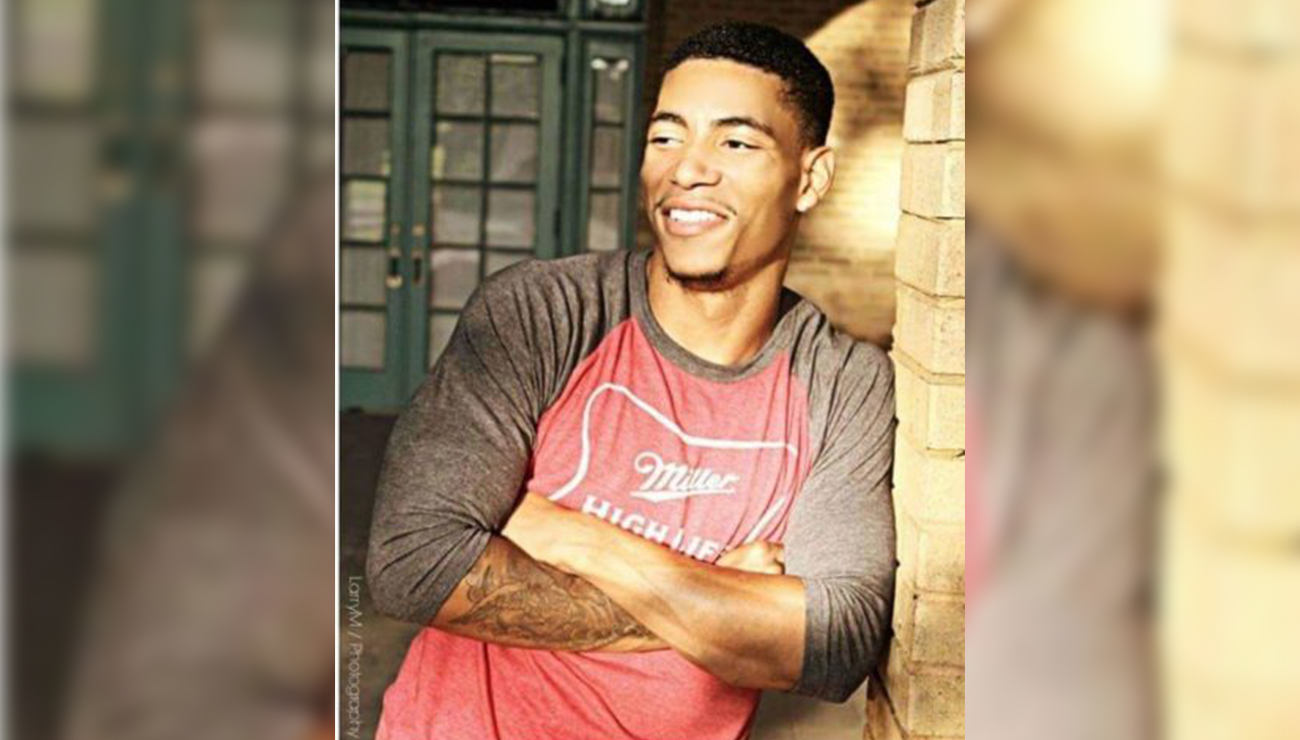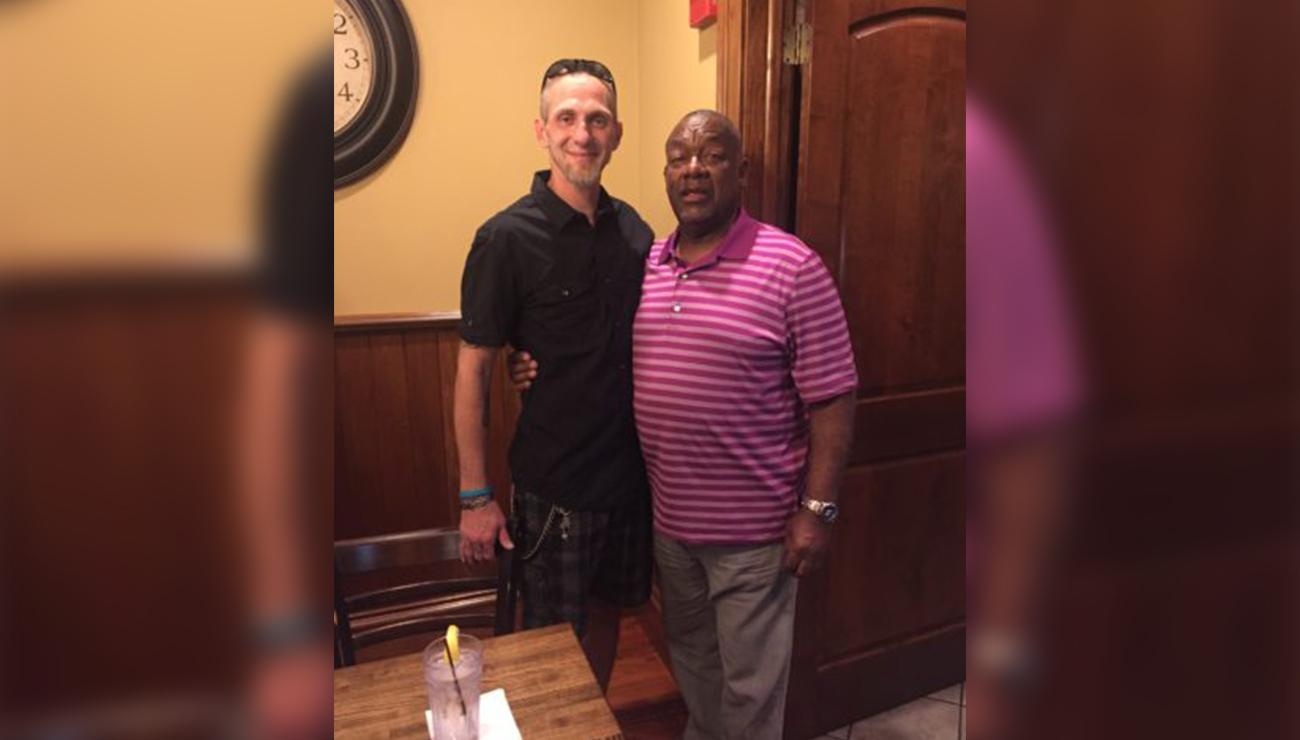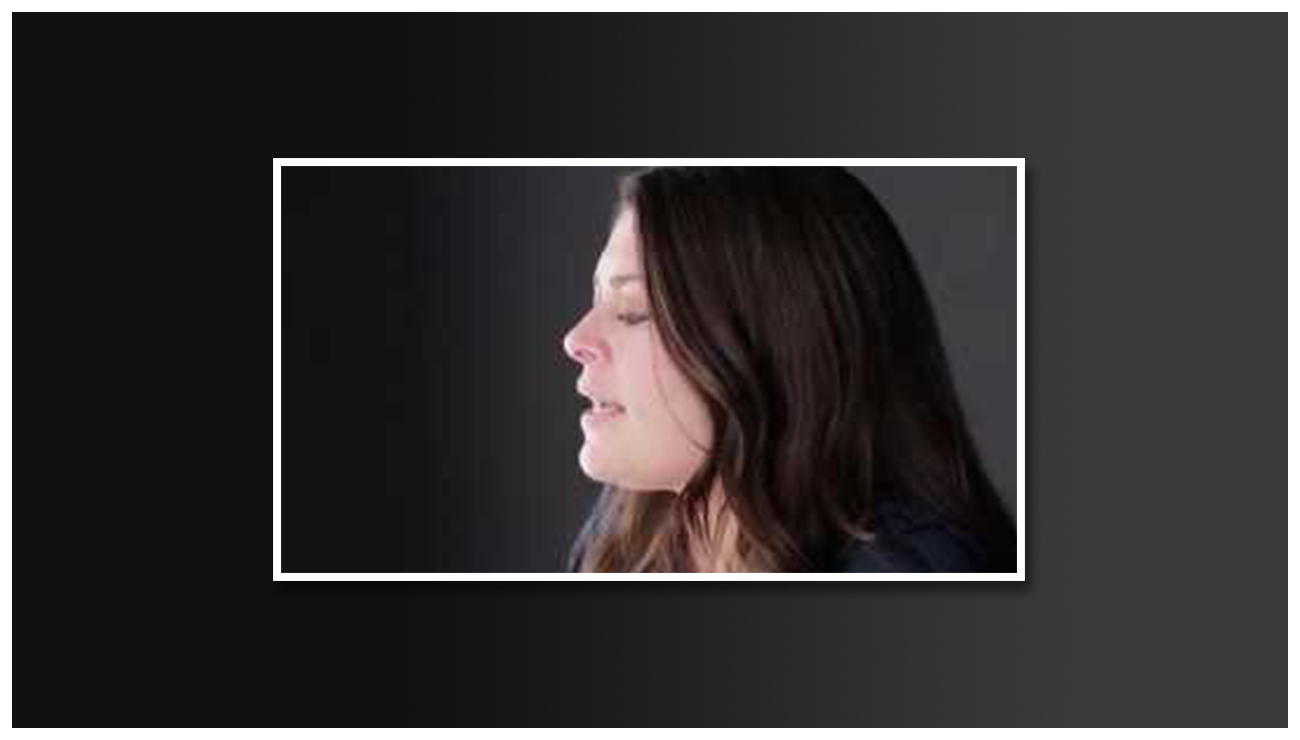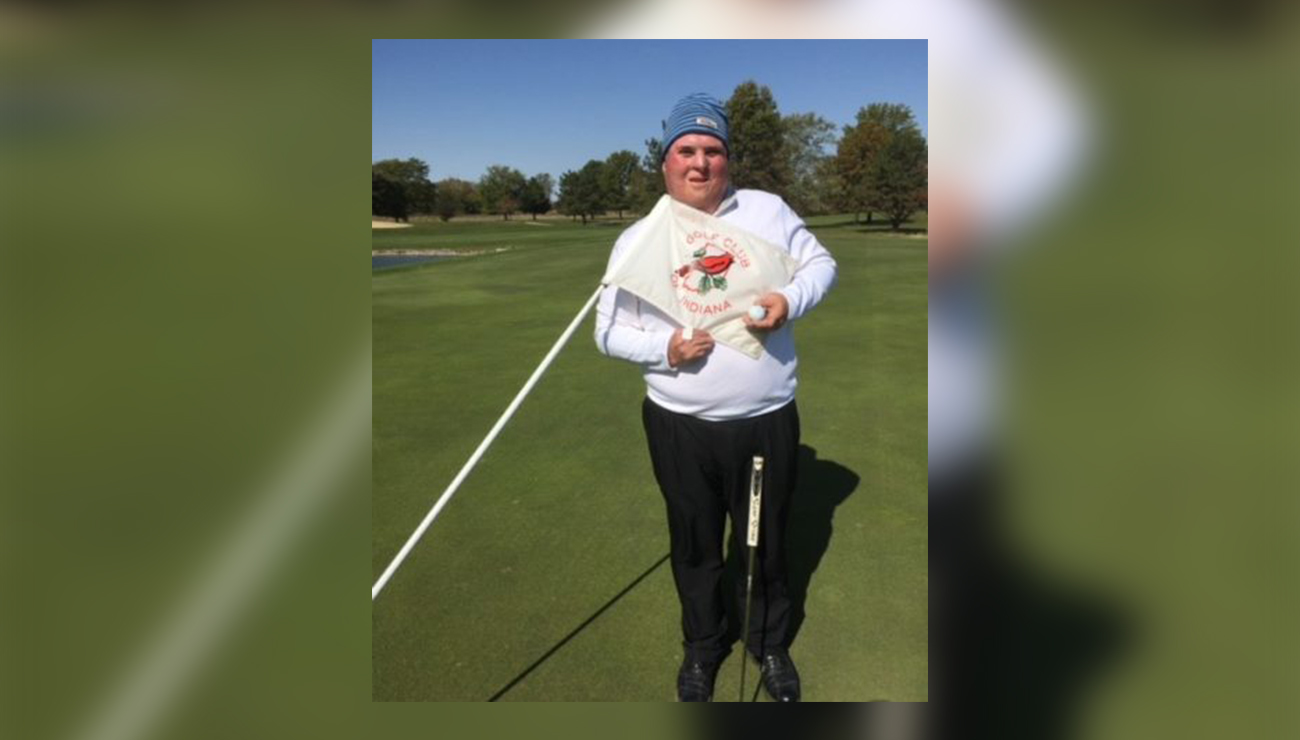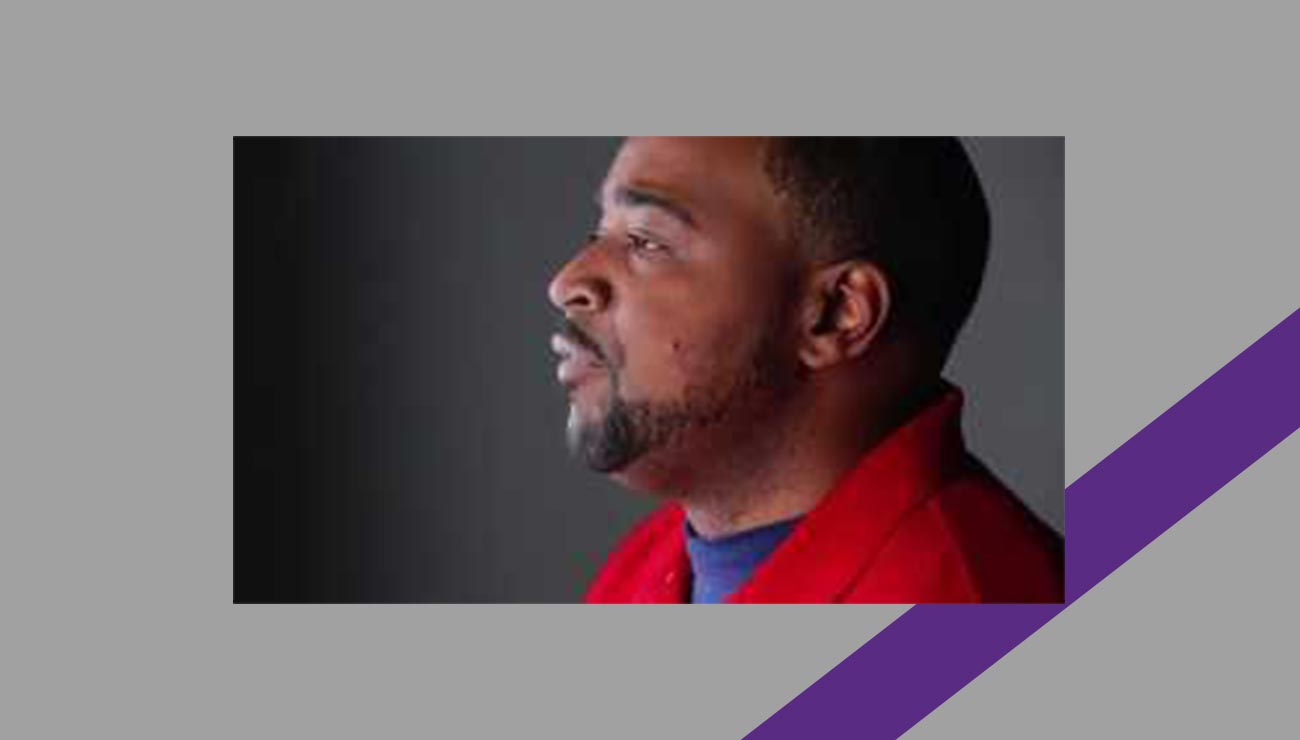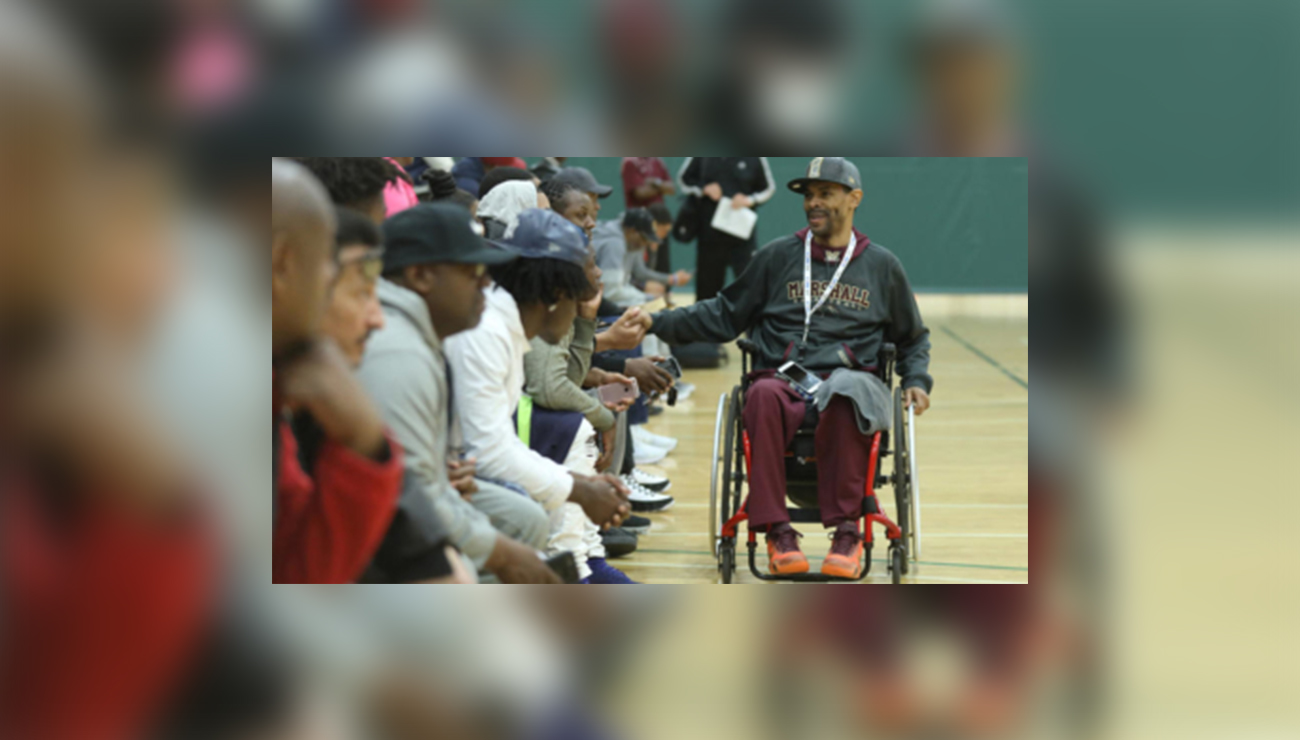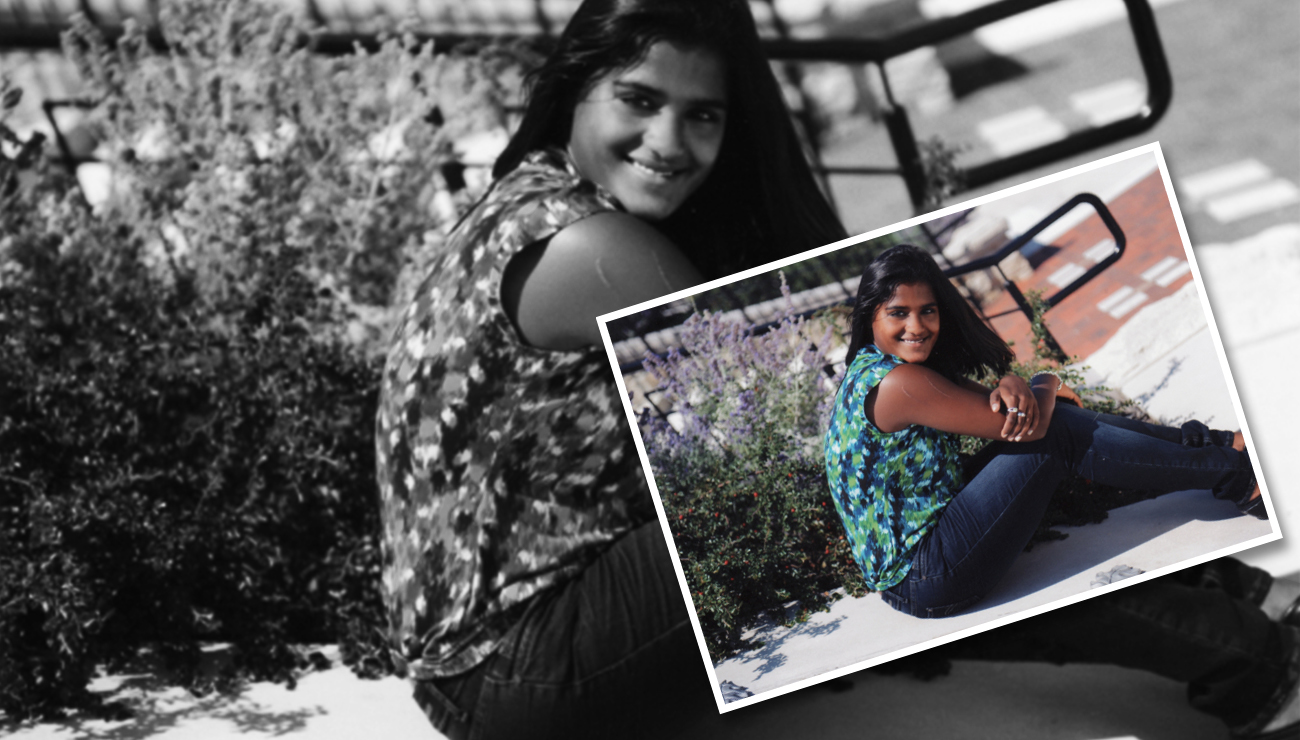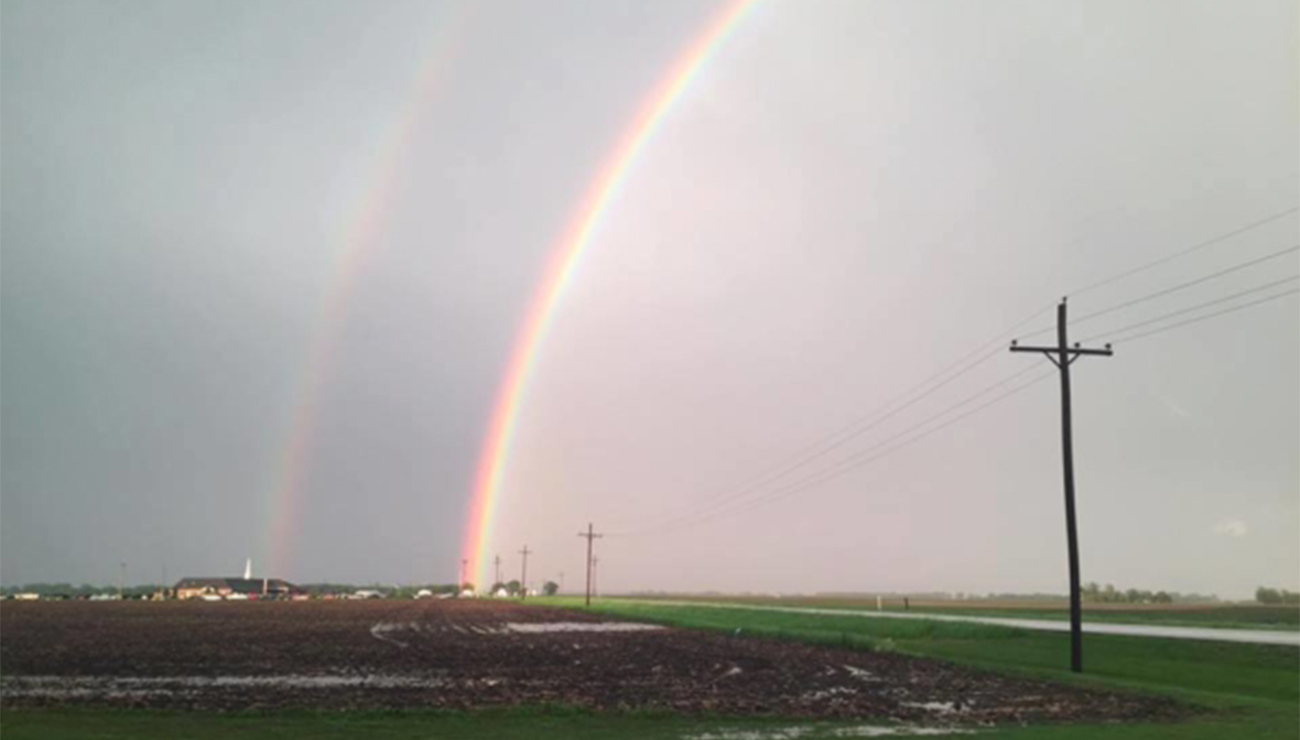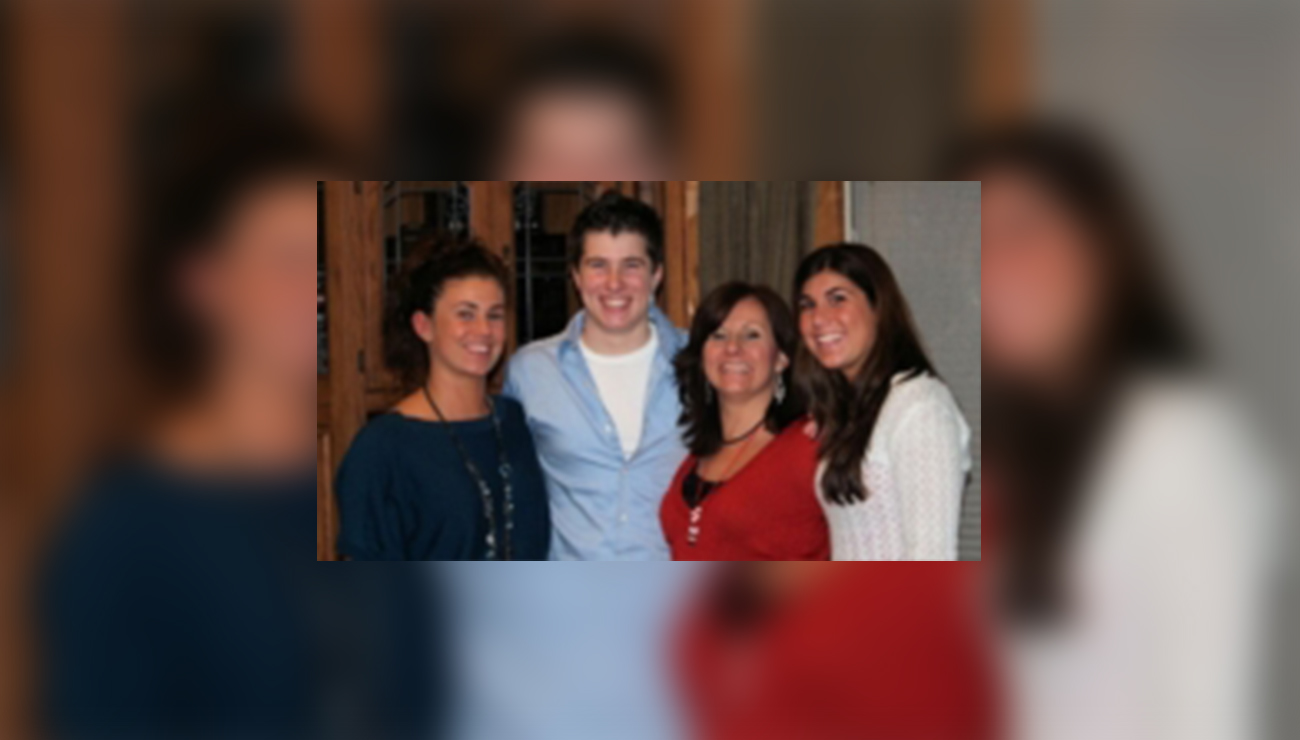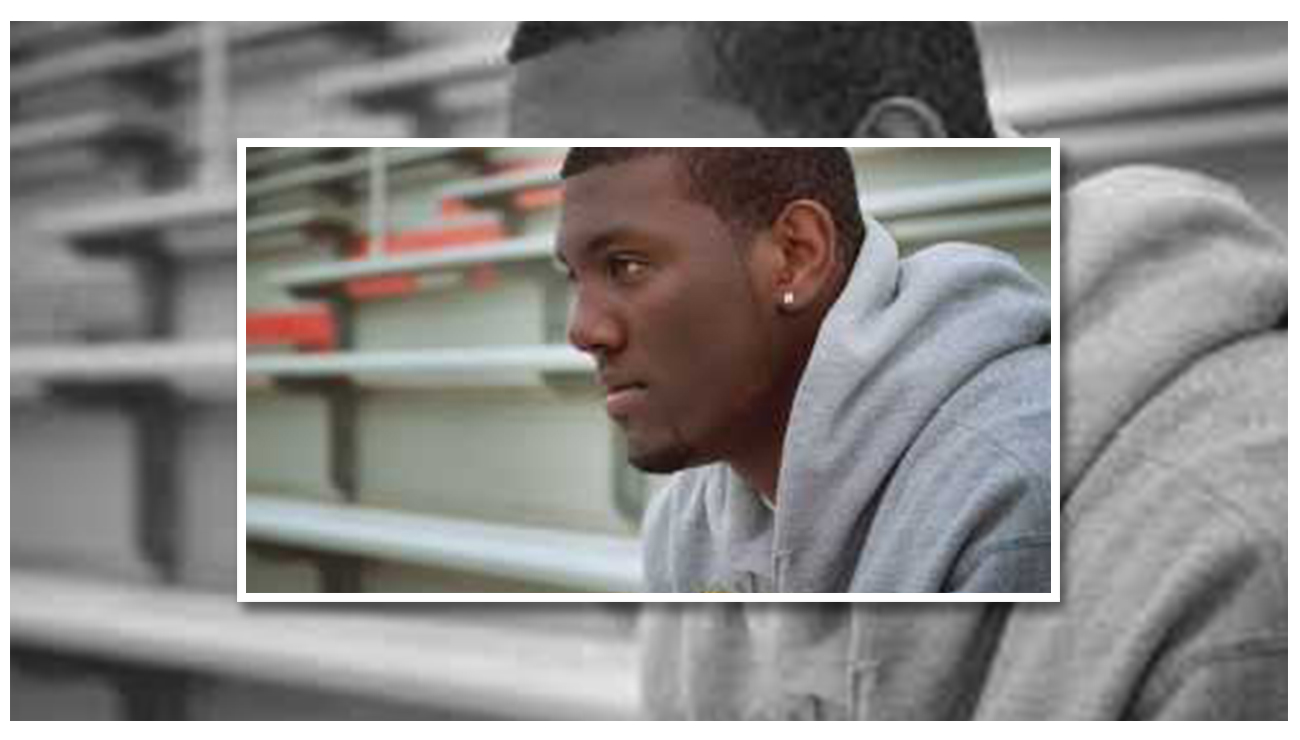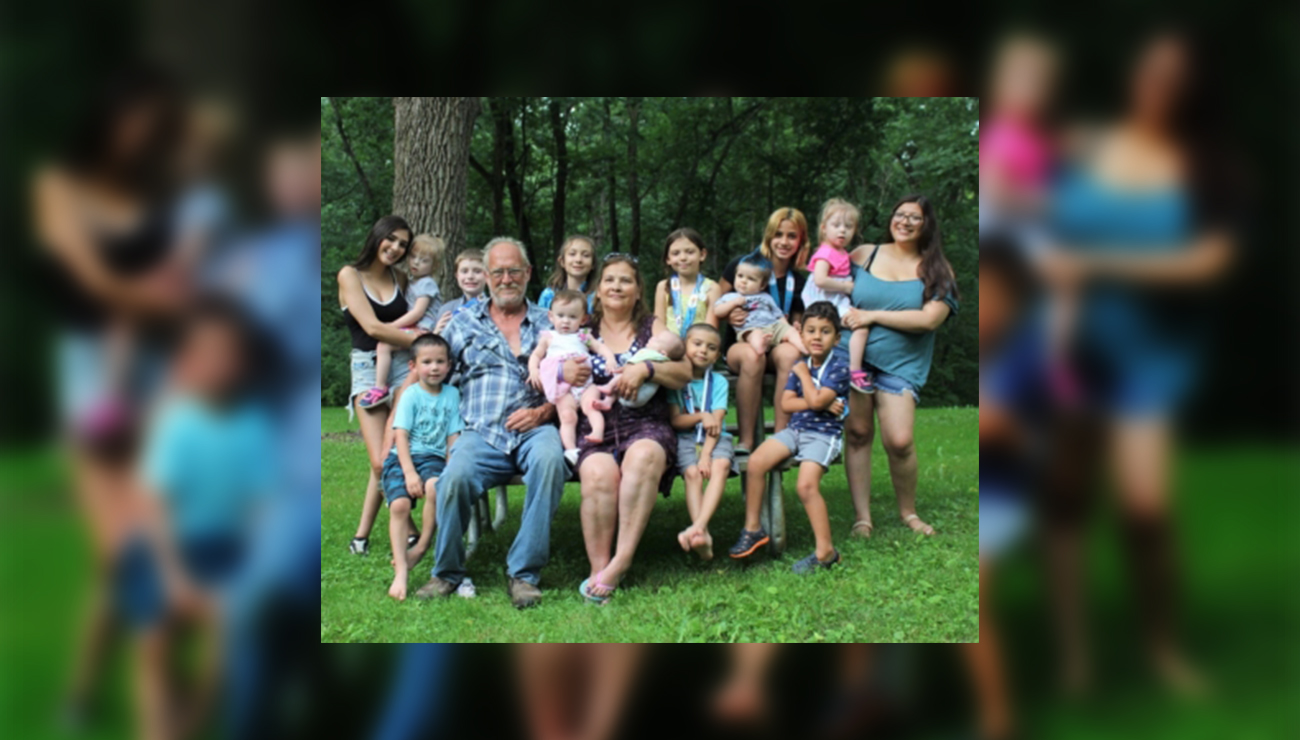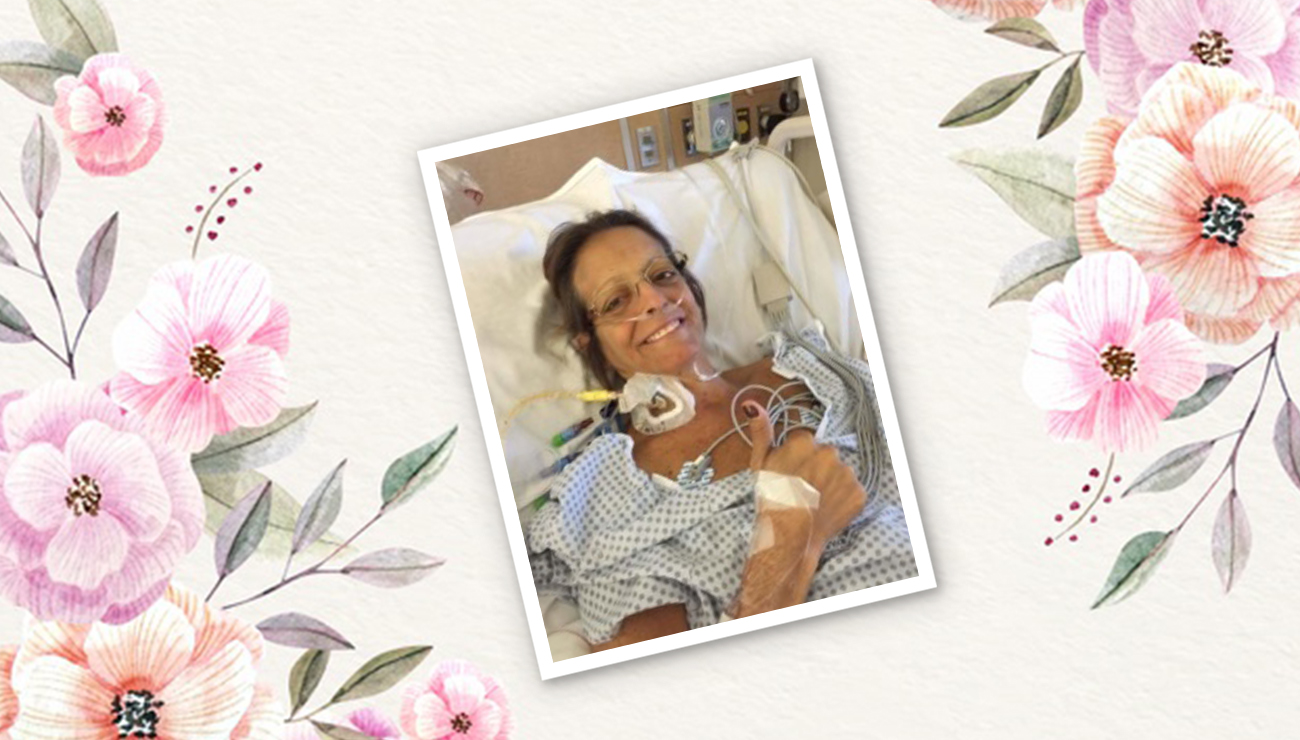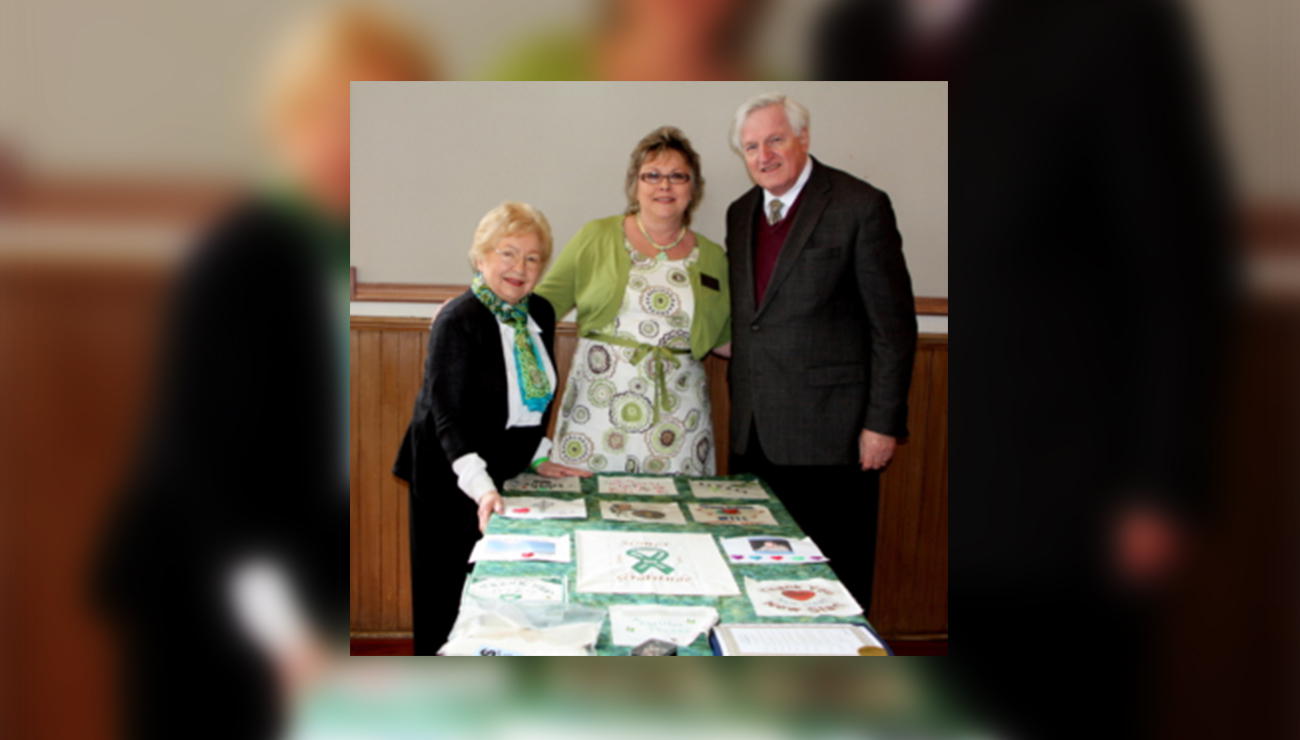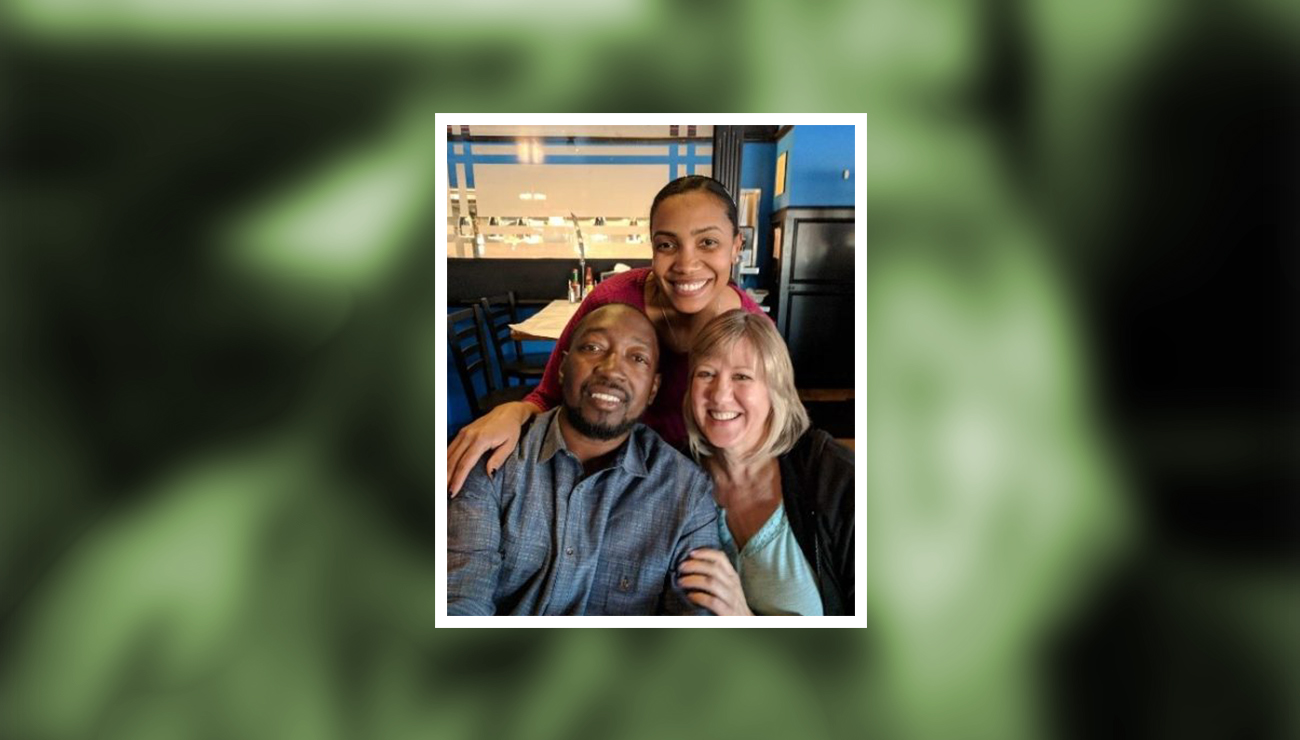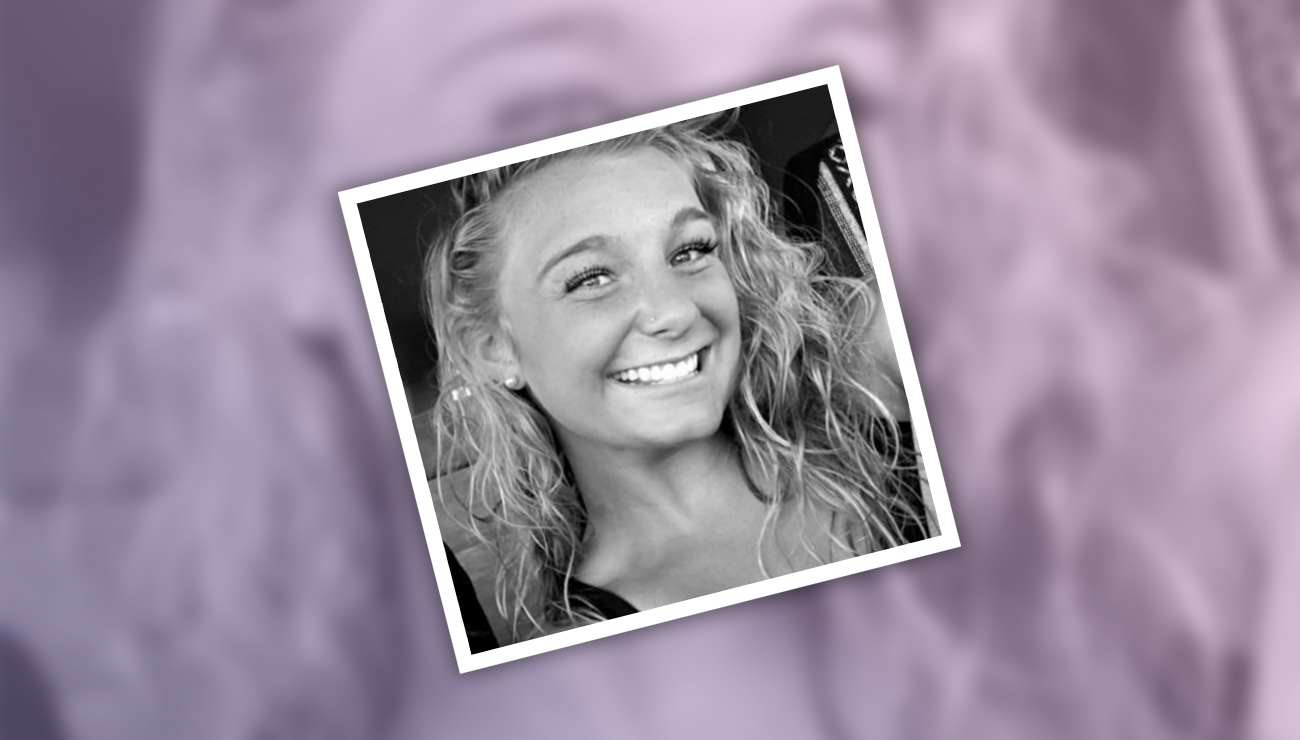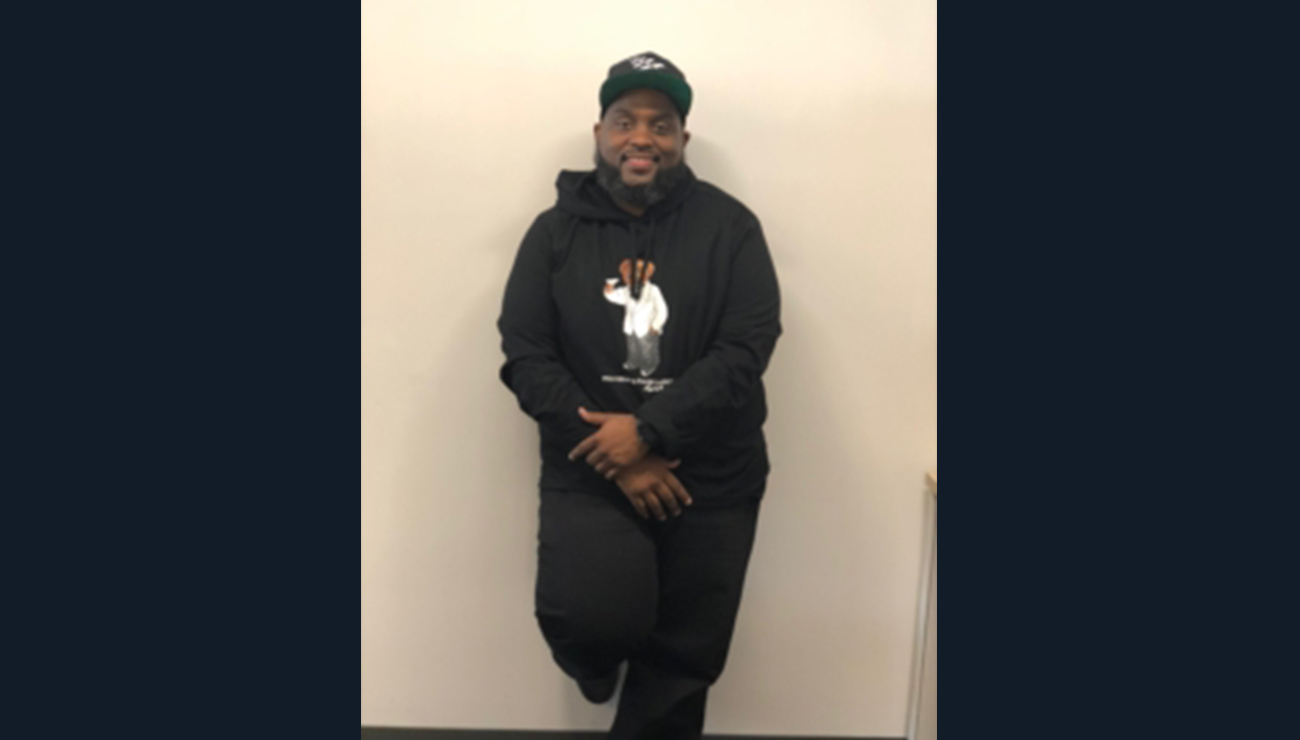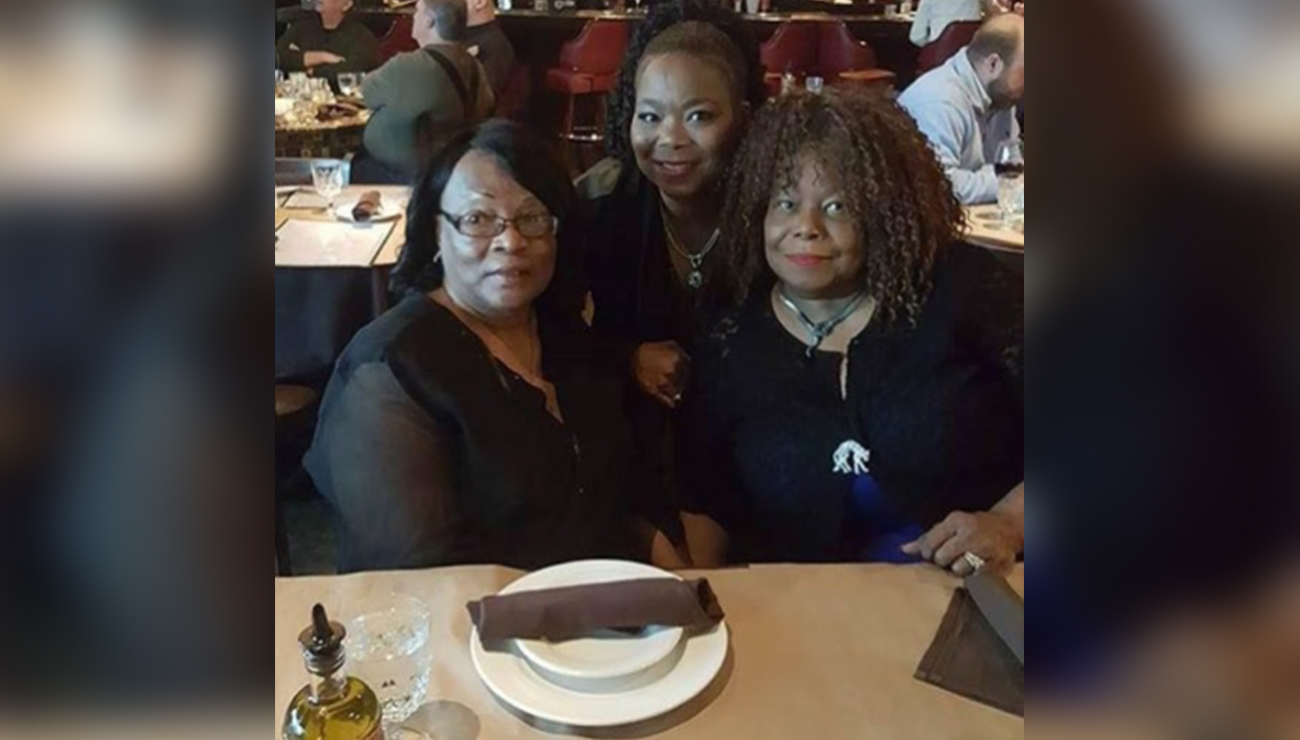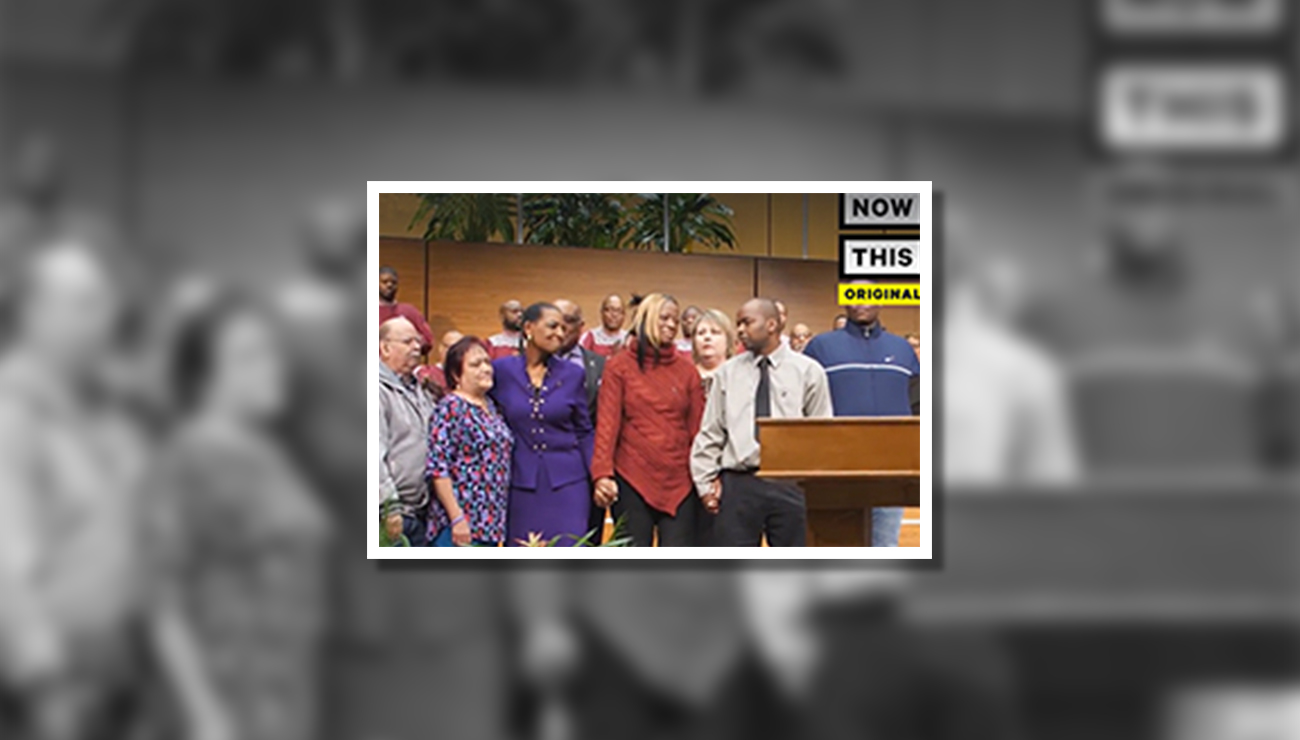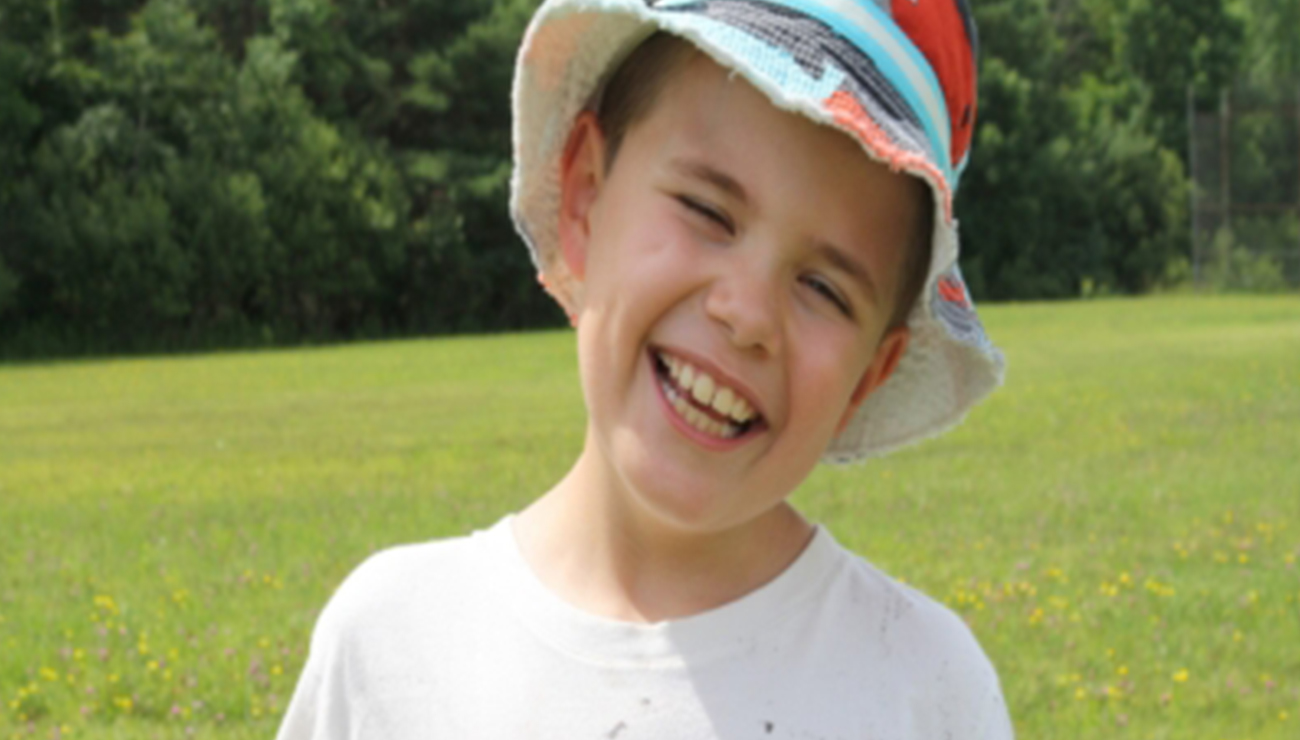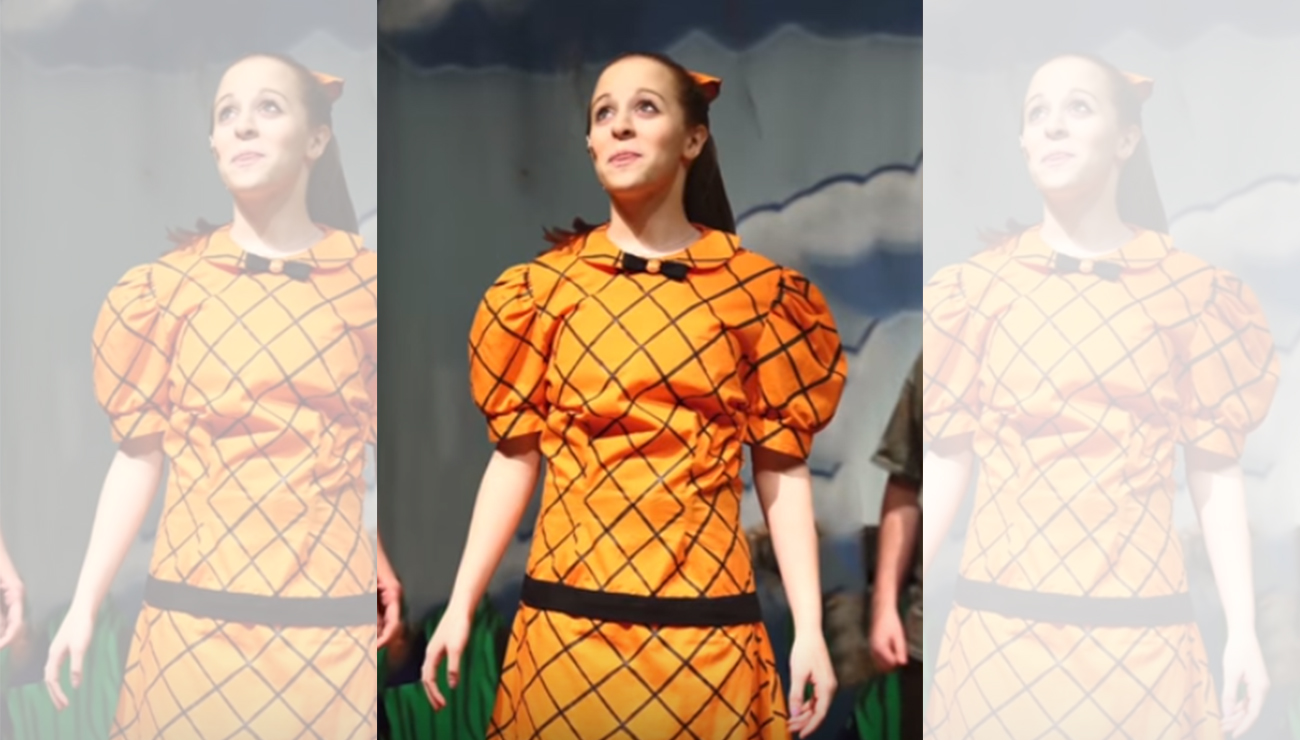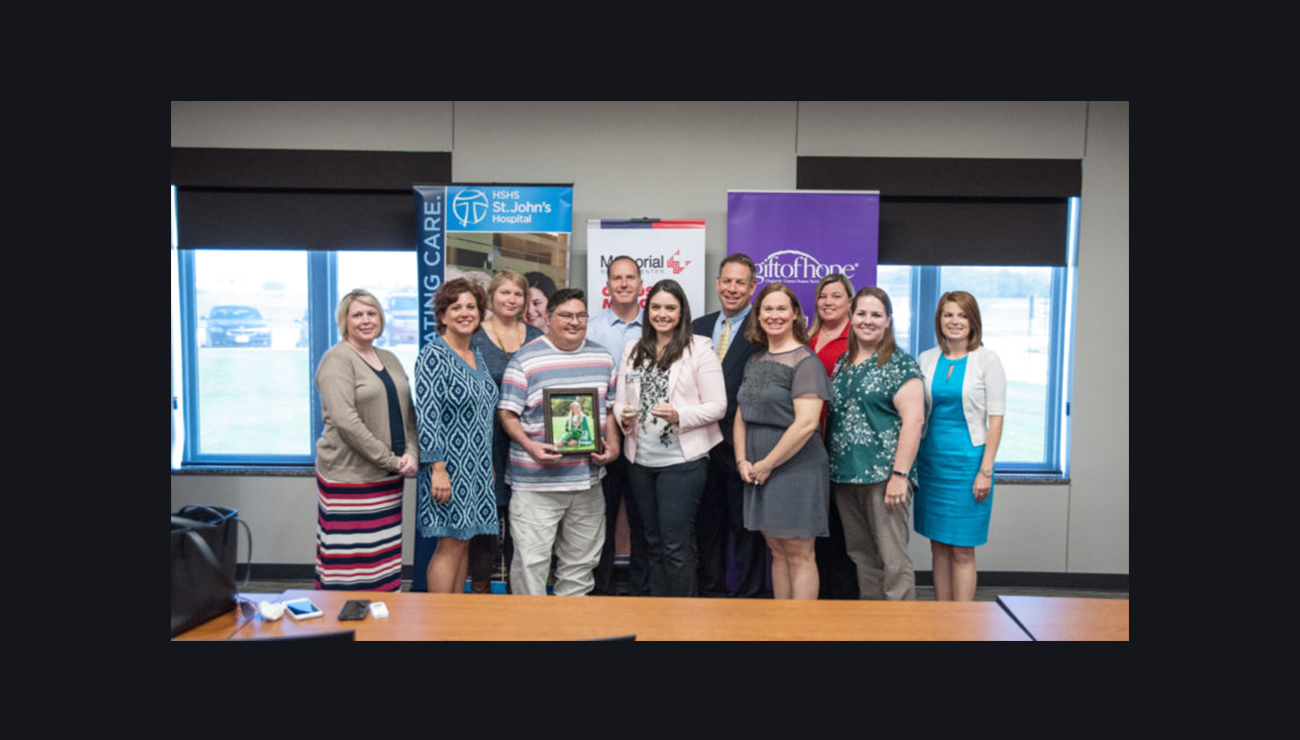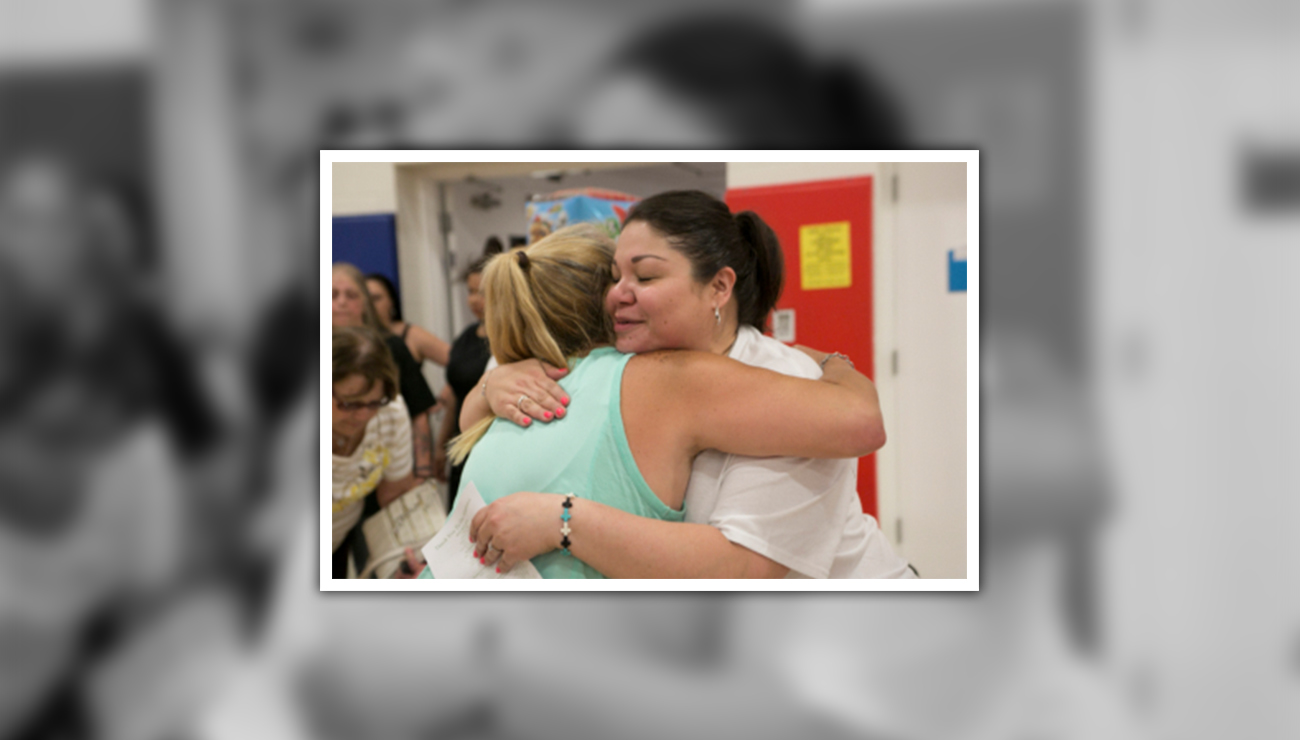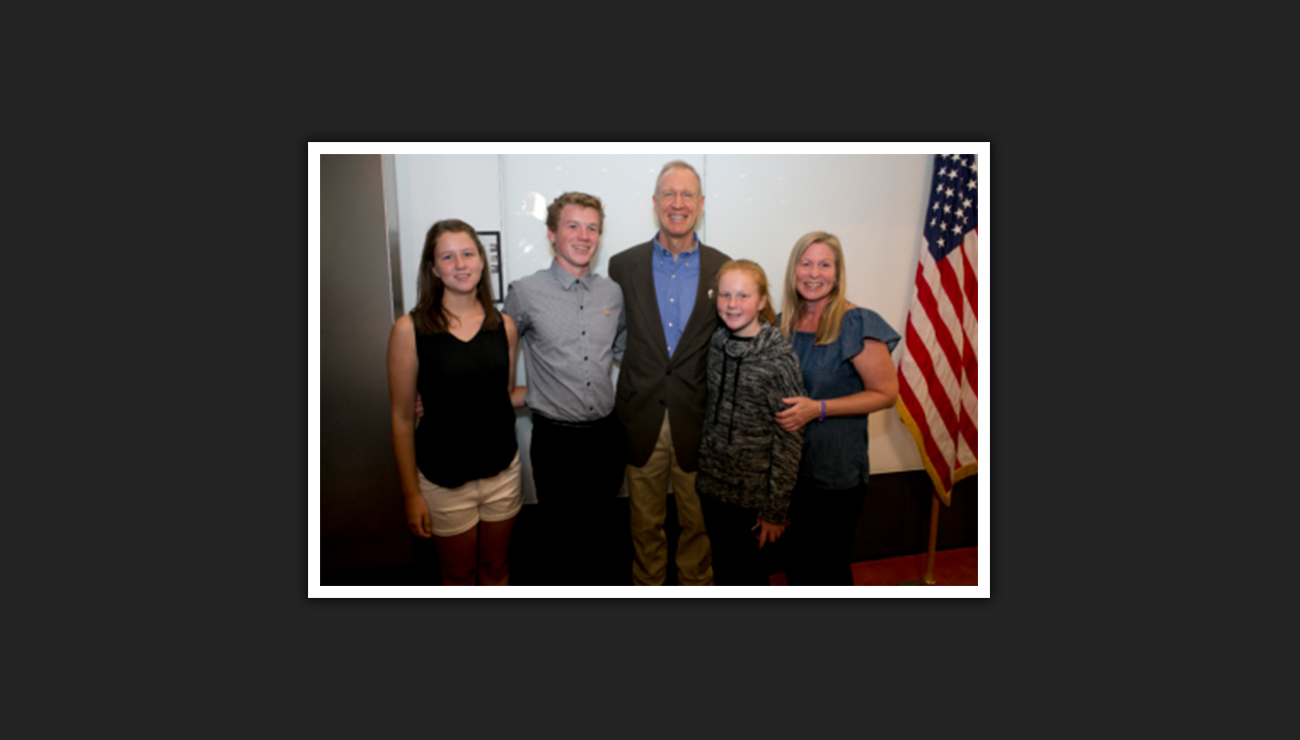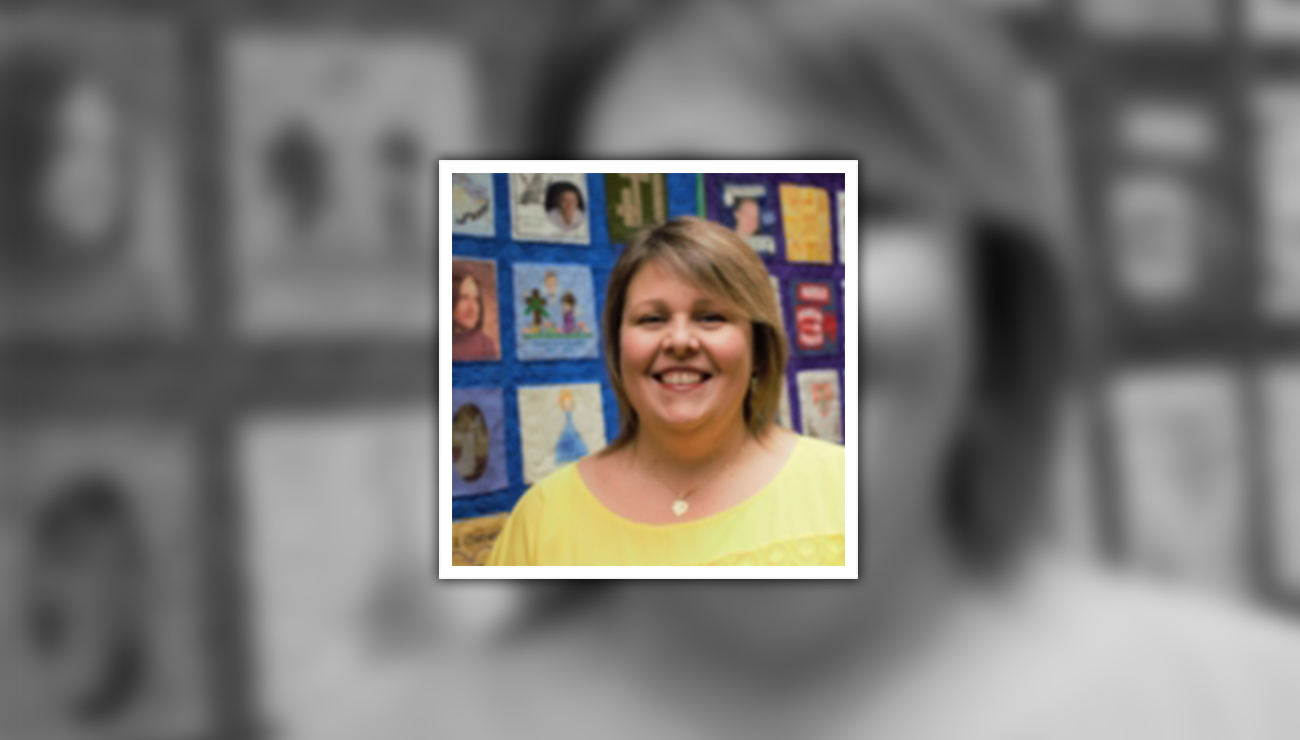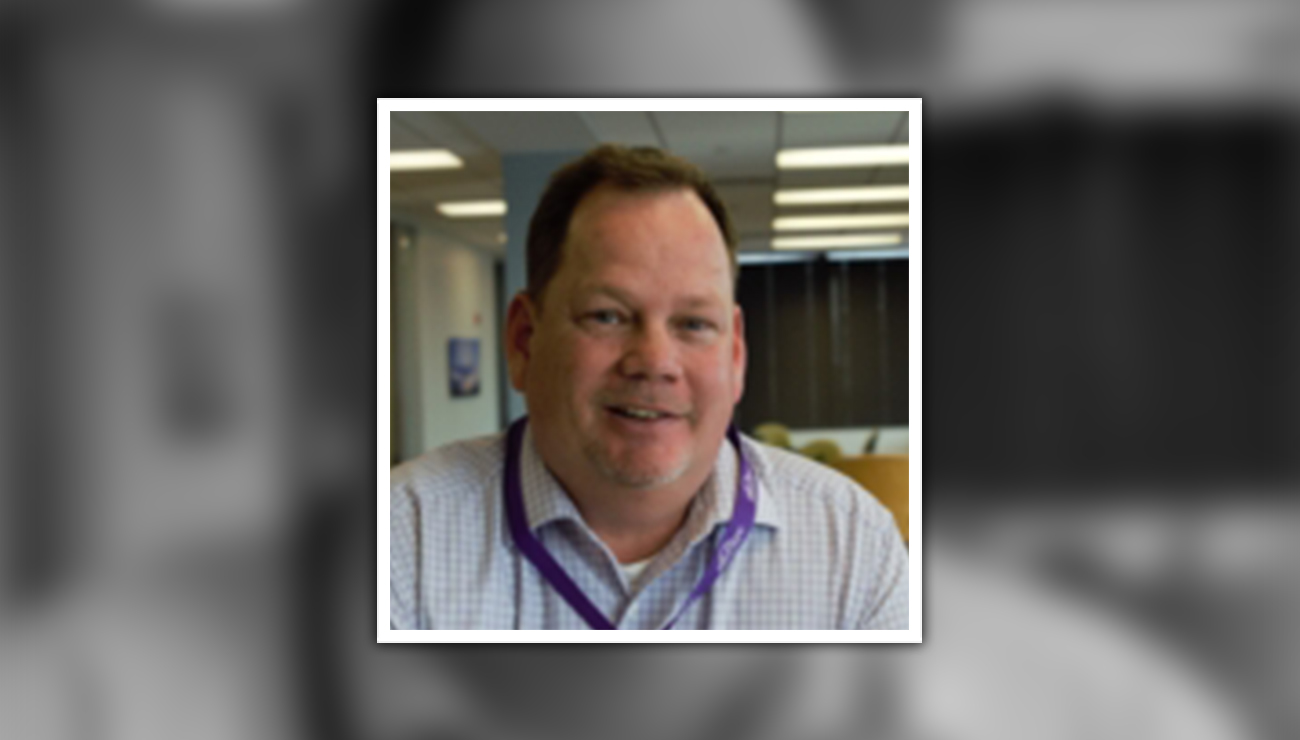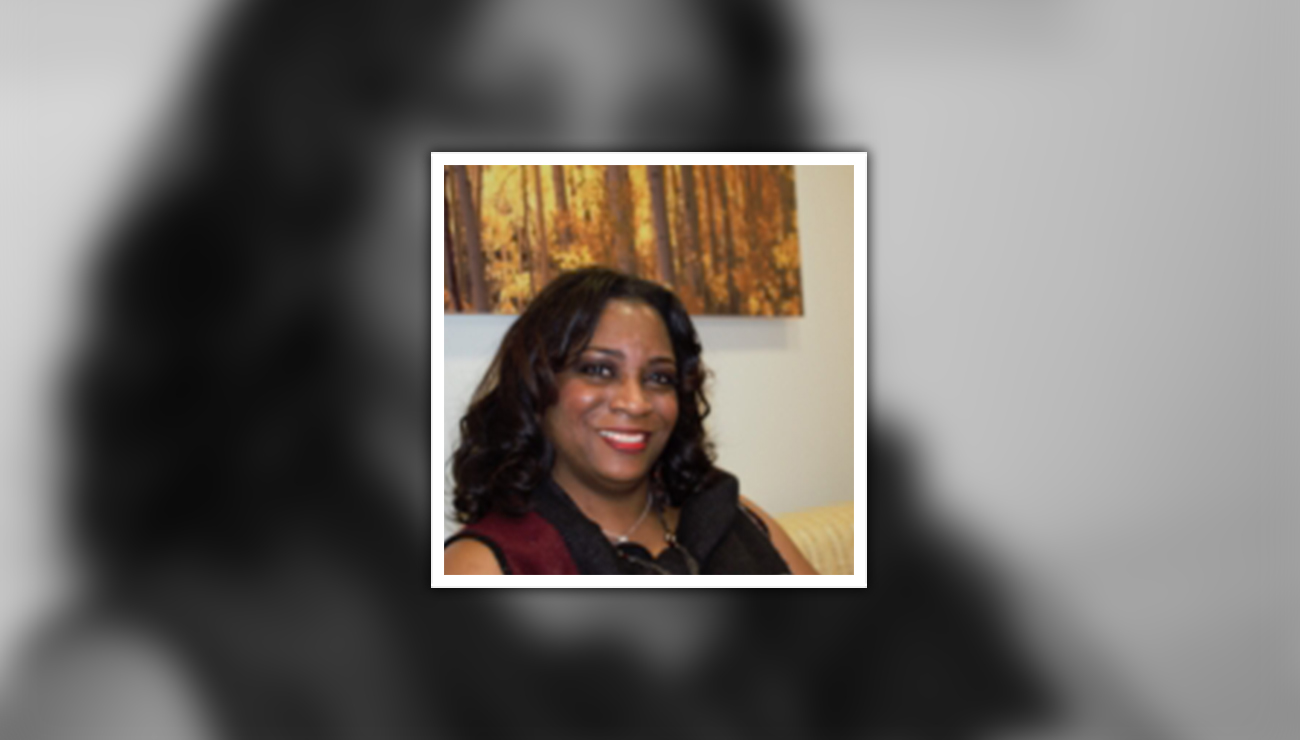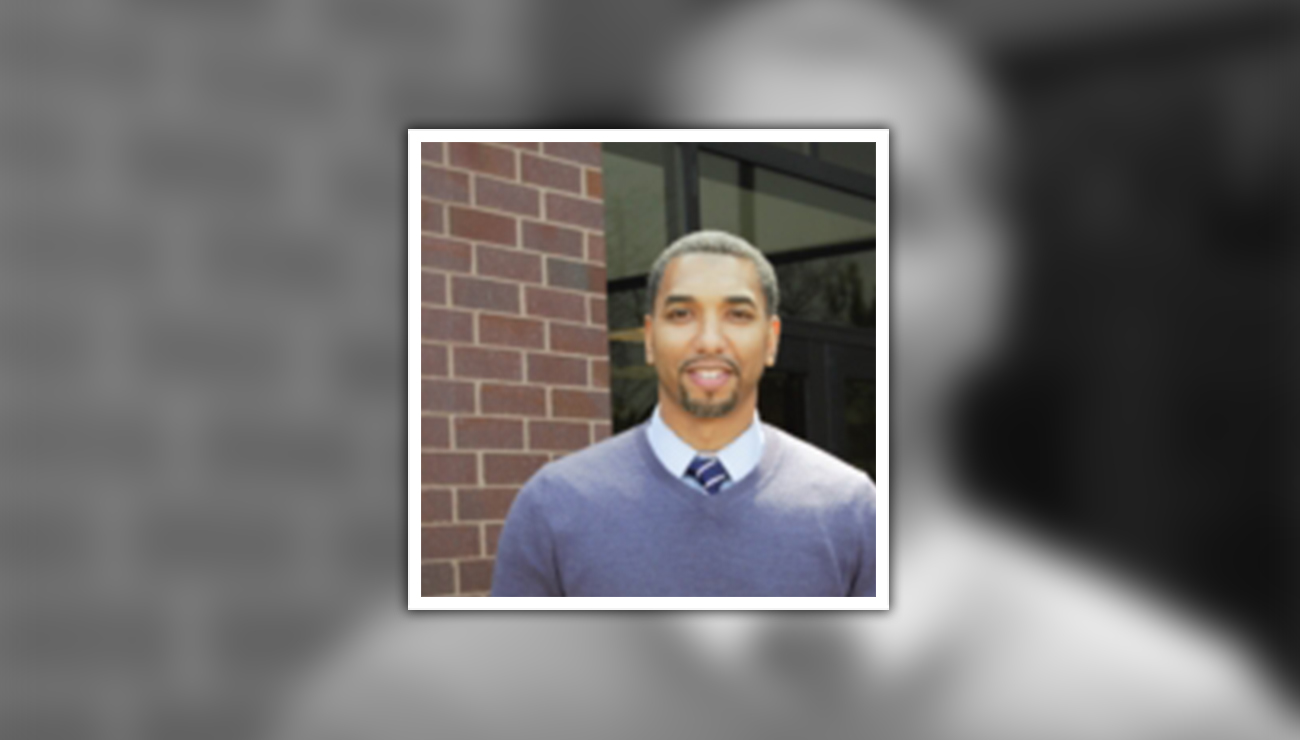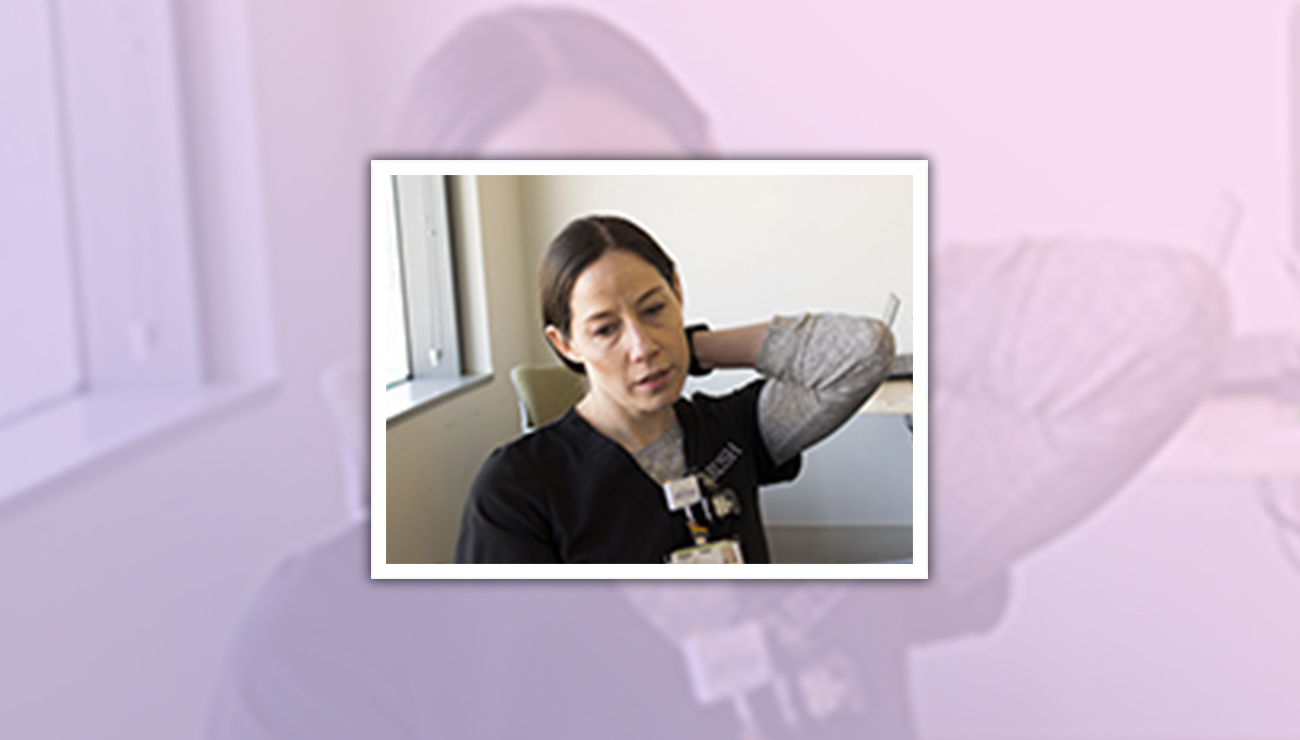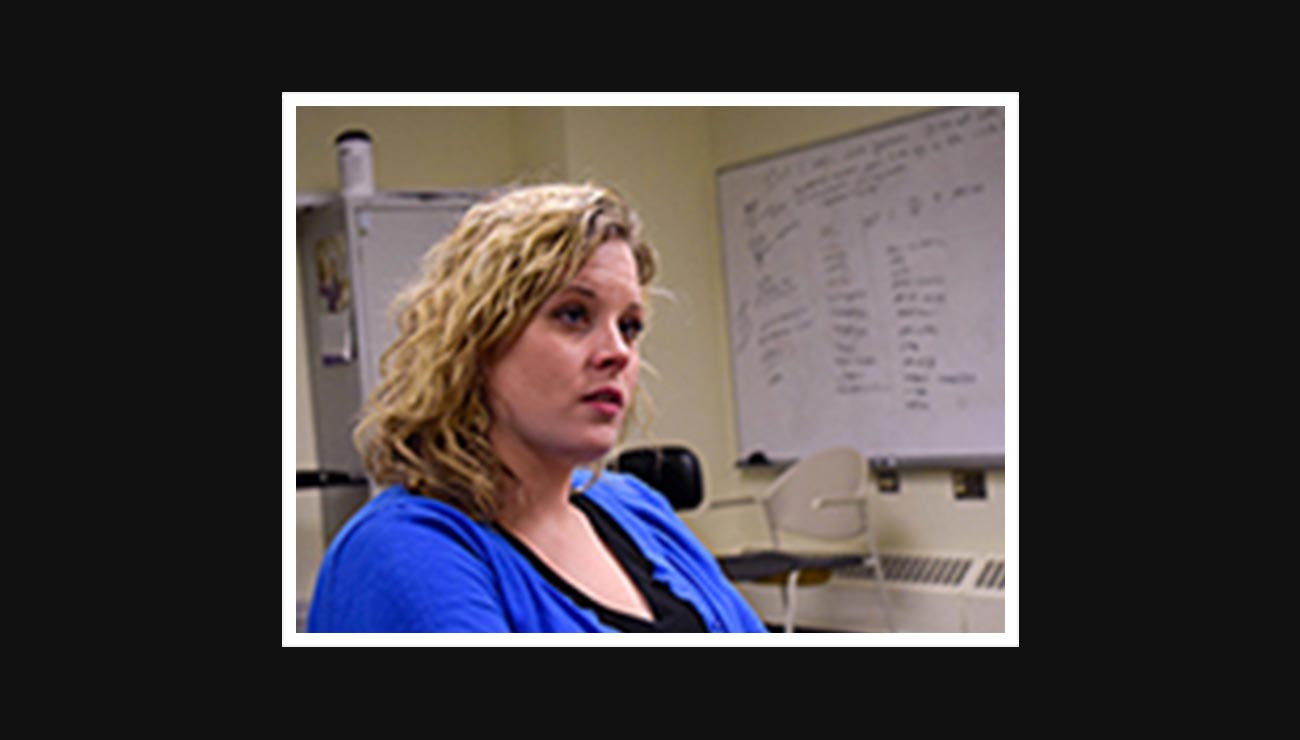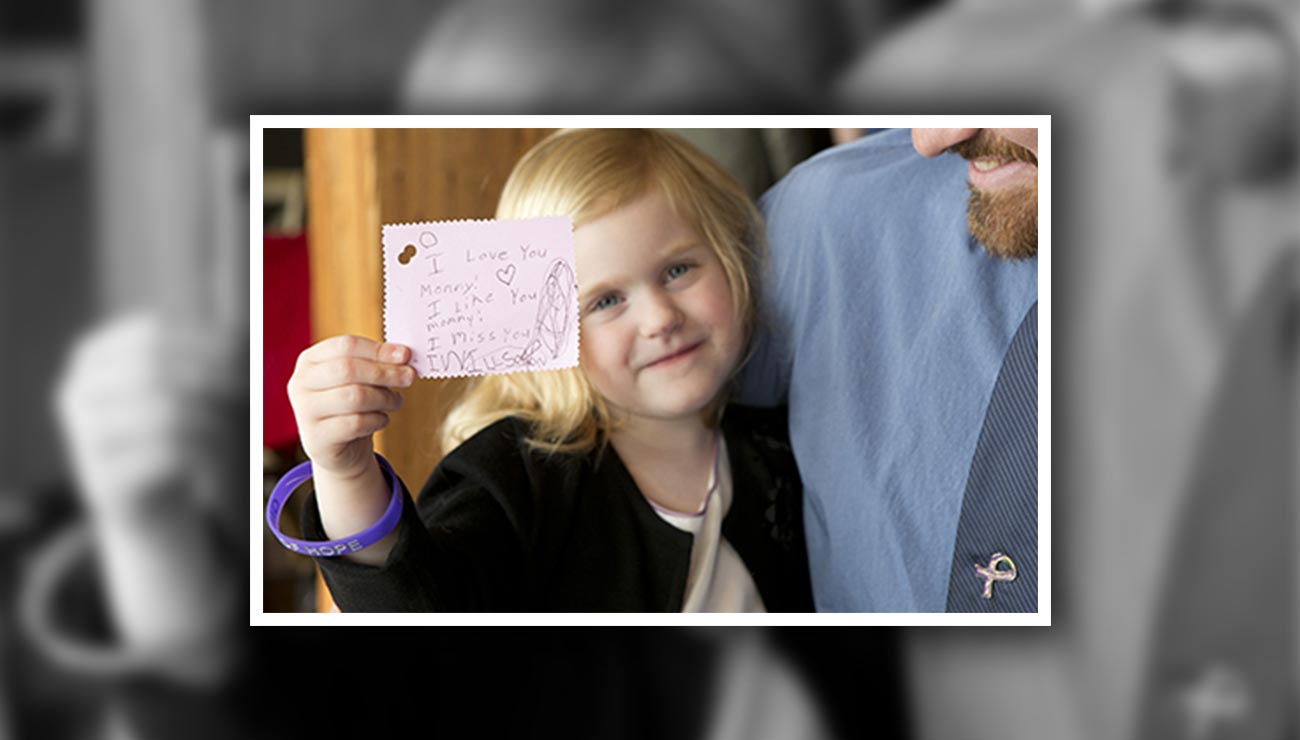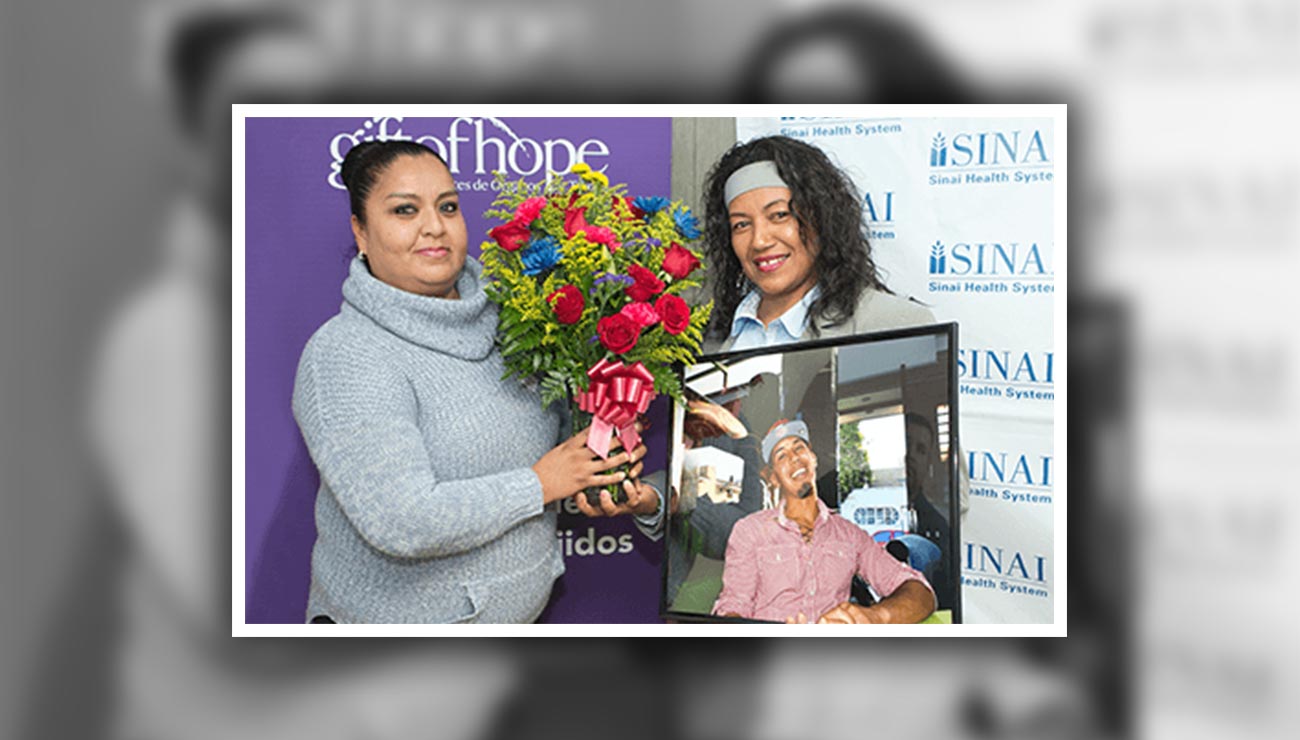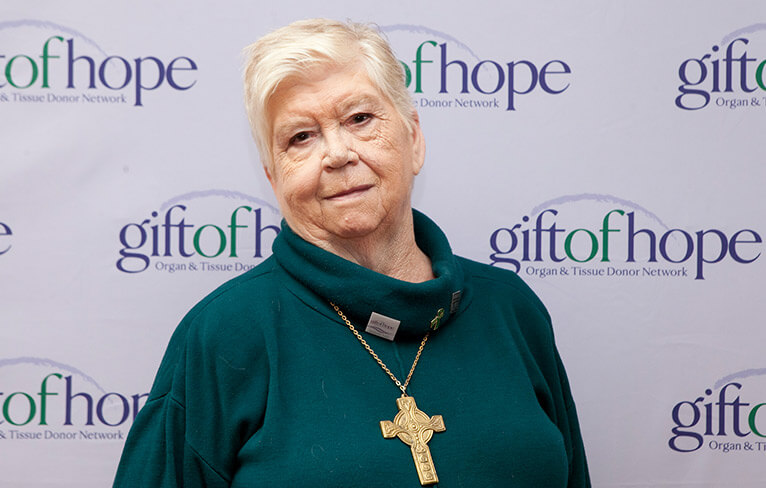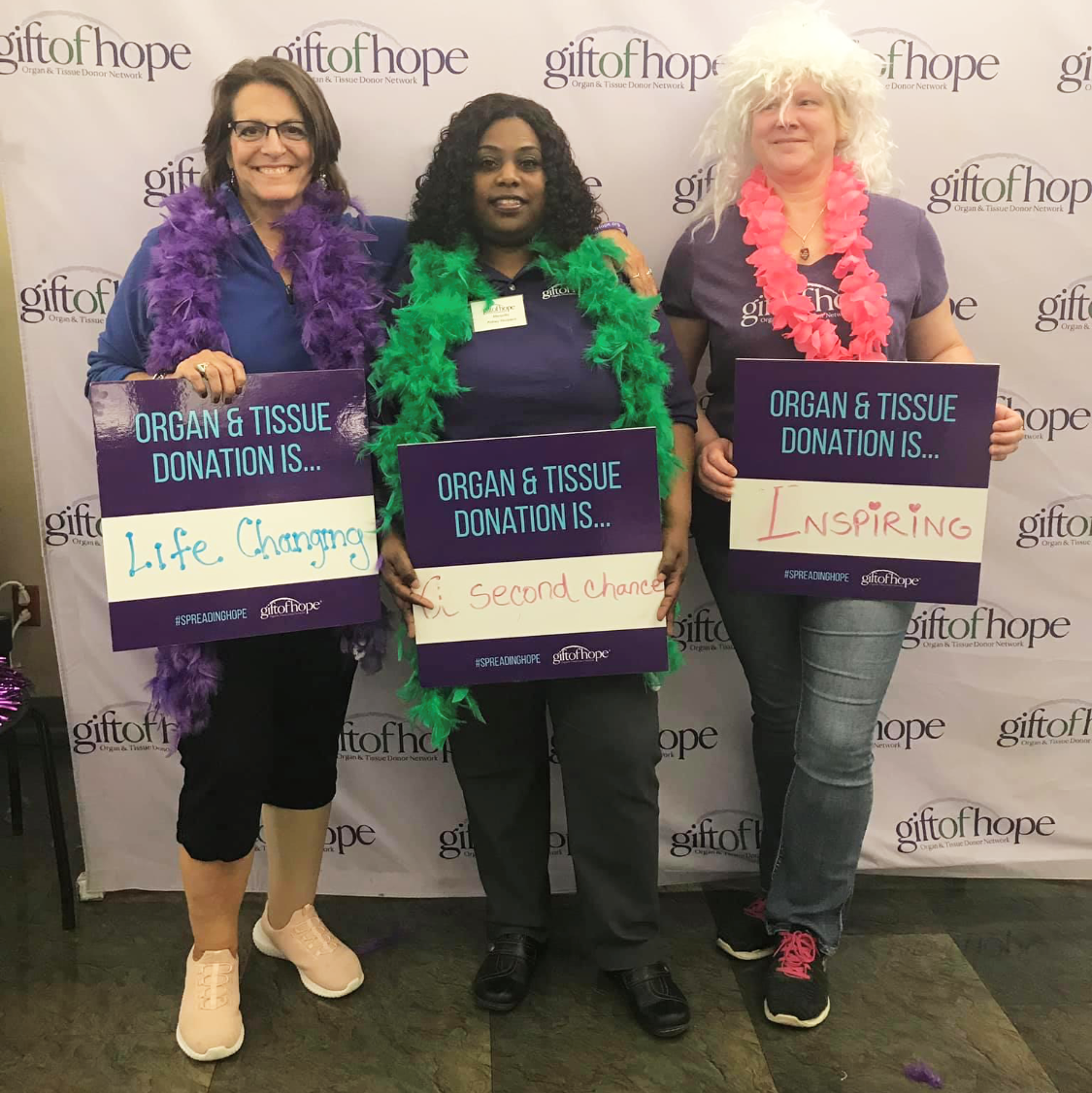
Photographed here at one of the many Gift of Hope events Marquita has attended.
Woman with Kidney Failure Spreads Word on the Importance
of Organ and Tissue Donation
“It Really Does Work!”
Marquita Britton knows what she wants to do when she finally receives the kidney she desperately needs – get her degree in culinary arts and travel the world, perhaps as a cruise ship chef. Now 37, Marquita first learned she had kidney failure when she was 17. She started dialysis, later received a kidney that her body rejected after three years, went back on dialysis and is awaiting another kidney.
She no longer has the energy to work or do things she loves, like bike riding and swimming, but she does as much as she can, such as driving her mother to the store, helping watch her grand-nieces and nephews and going to high school football games to cheer on her 18-year-old nephew, whom she adopted 10 years ago.
“People look at me and think ‘She’s just a young girl.’ I get that a lot, but I sure don’t feel young,”
said Marquita, who lives in Peoria, Ill. “I wish they understood how helpful it would be for more people to be organ donors when a person is waiting on an organ and their body is deteriorating.”
Committed to Spreading the Word
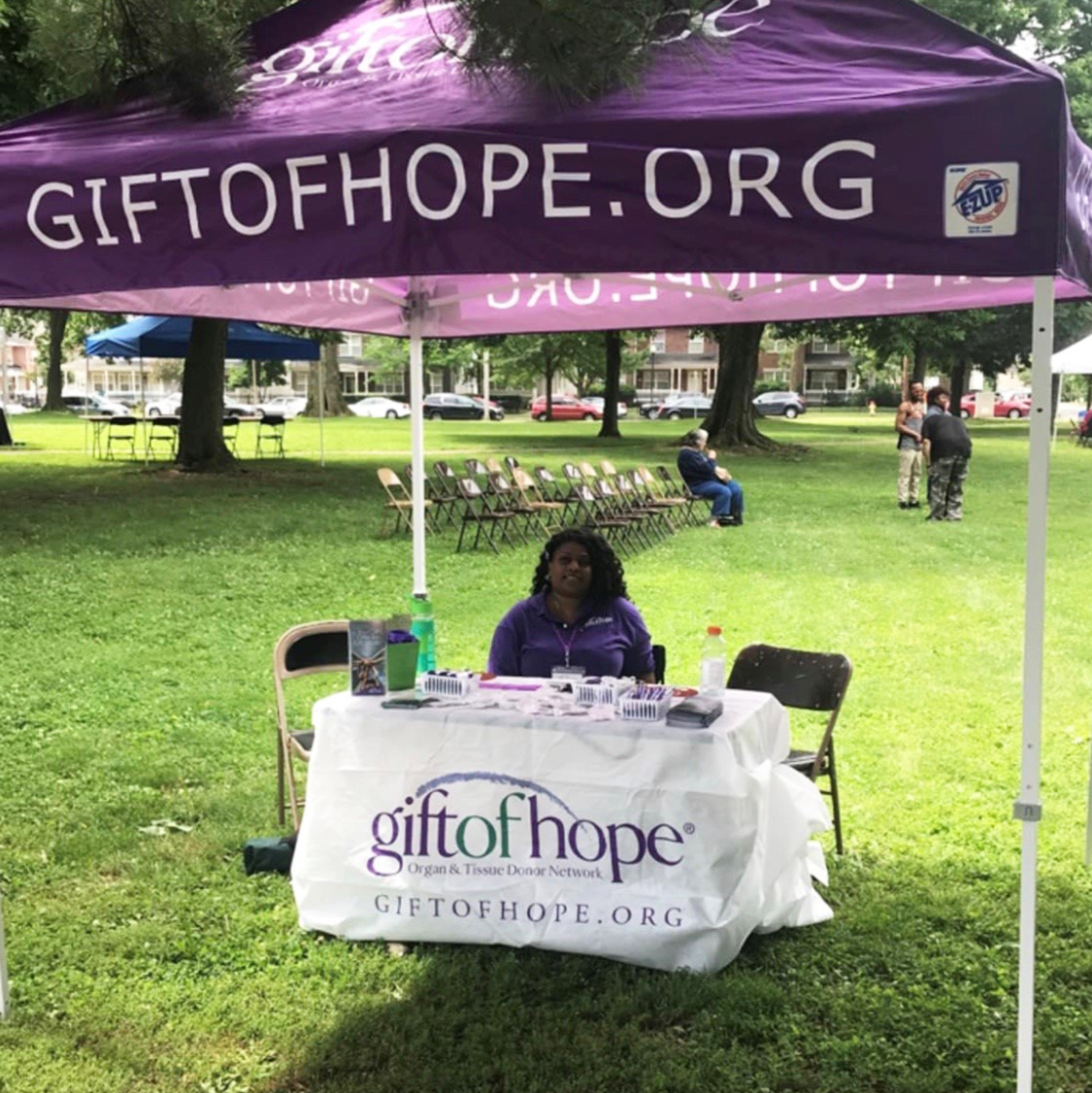
Marquita gives back by volunteering at community events. Here she staffed a booth and talked to people about the importance of registering to become an organ and tissue donor.
No matter her flagging energy, Marquita has volunteered to staff Gift of Hope booths at hospitals and community events to spread the word about the importance of organ donation. Marquita is one of more than 3,000 people in Illinois awaiting kidneys and among the 40% waiting who are African American. Yet African Americans make up only 10% of donors. Increasing that number is vital because compatible blood types and tissue markers are critical for donor-recipient matching. Matching decreases the likelihood of the recipient rejecting the organ. These qualities are more likely to be found among members of the same ethnicity and race. Marquita has had several calls that a kidney might be available, only to learn they weren’t matches.
When volunteering, Marquita wears a name tag that identifies her as a kidney recipient and recalls one young man who was surprised that she had been a transplant recipient, asking her, ‘So, it really does work?’ I said, ‘Yes, it does!”
She says she’s always gratified when people sign up on the spot, and hopeful that those who take information and applications will decide to register and offer hope for the lives of others to endure, by registering to become donors.
A Difficult Journey
Marquita recalls when she first learned her kidneys weren’t working properly (known as renal failure). She was carrying a lot of fluid and her stomach was swollen. She went to the doctor, who told her to go to the emergency room, where the medical team ordered bloodwork.
“Next thing I knew a priest came into the room and took my mom outside to talk her,” she said. “I was healthy, I didn’t have any health problems. I was scared.”
She spent Easter in the hospital and had tubes inserted to drain the fluid. She eventually learned she has lupus, an immune disorder, which affected her kidneys. She took medication and had regular blood tests but after five years, her kidneys were no longer working on their own. She began dialysis treatment at a clinic three times a week for three hours at a time.
She did various jobs while she was on dialysis, including working for a cleaning service and then getting her certified nursing assistant (CNA) certificate and working at a nursing home.
In Oct. 2009 she got the call that a kidney was available and she had the transplant. She remembers the relief of no longer having to get dialysis and of having lots of energy, no longer worrying if she’d have enough stamina to complete a task.
But in 2013, she started retaining fluid in her legs and had blood in her urine. Her kidney was failing. She’s now back on dialysis, although this time she has it at home, which has been easier. She is hopeful about getting another kidney, but understands that it might be a while.
While she waits, she stays busy. She took a culinary arts class last winter, cooks for her mom and wants to try some new recipes. She continues spreading the word about the importance of donation.
“People tell me they are afraid to register to become a donor because they think doctors won’t do everything possible to keep them alive if they’re sick or in an accident, but that’s absolutely not true,” she said. “There are people out here who really need kidneys or other organs. It could save someone’s life.”
Join the Organ and Tissue Donor Registry by Clicking Here or Texting HOPE to 51555.

